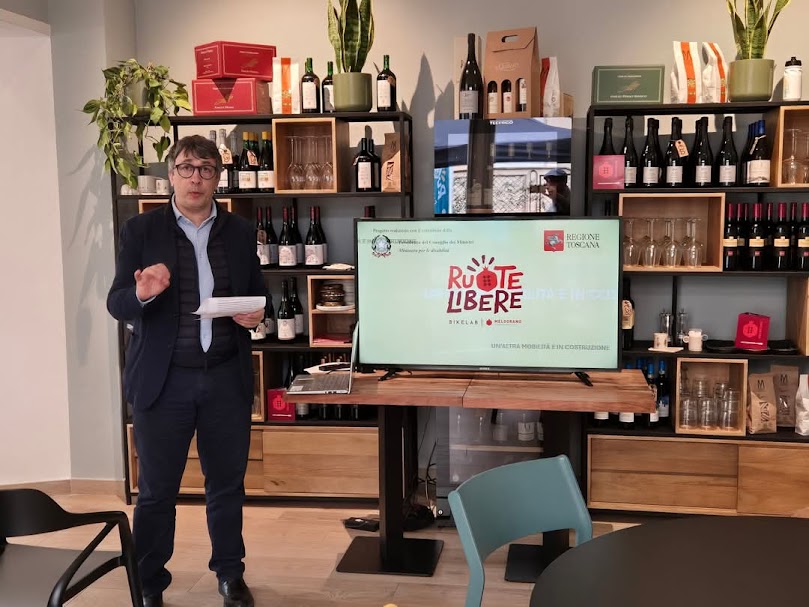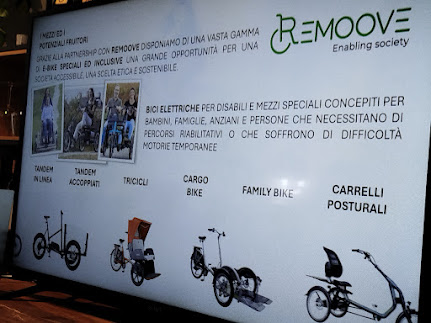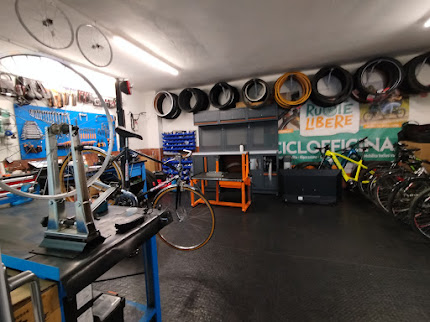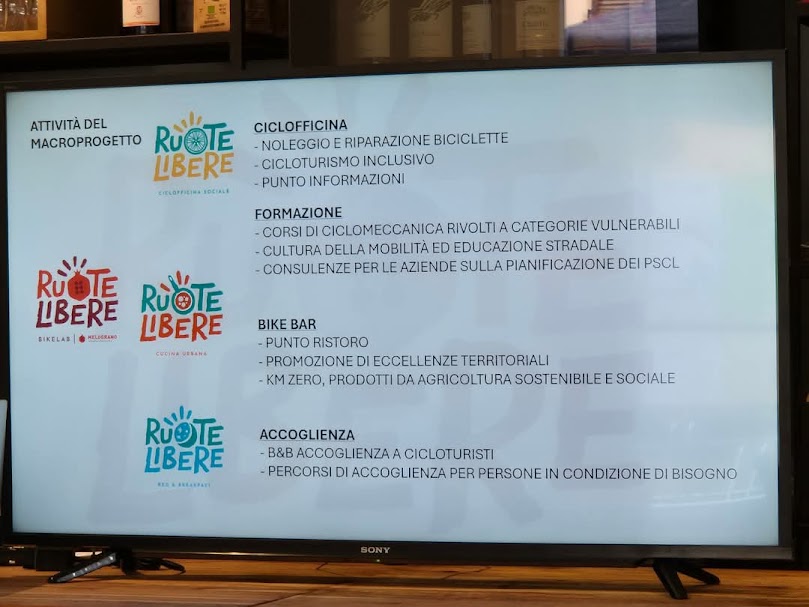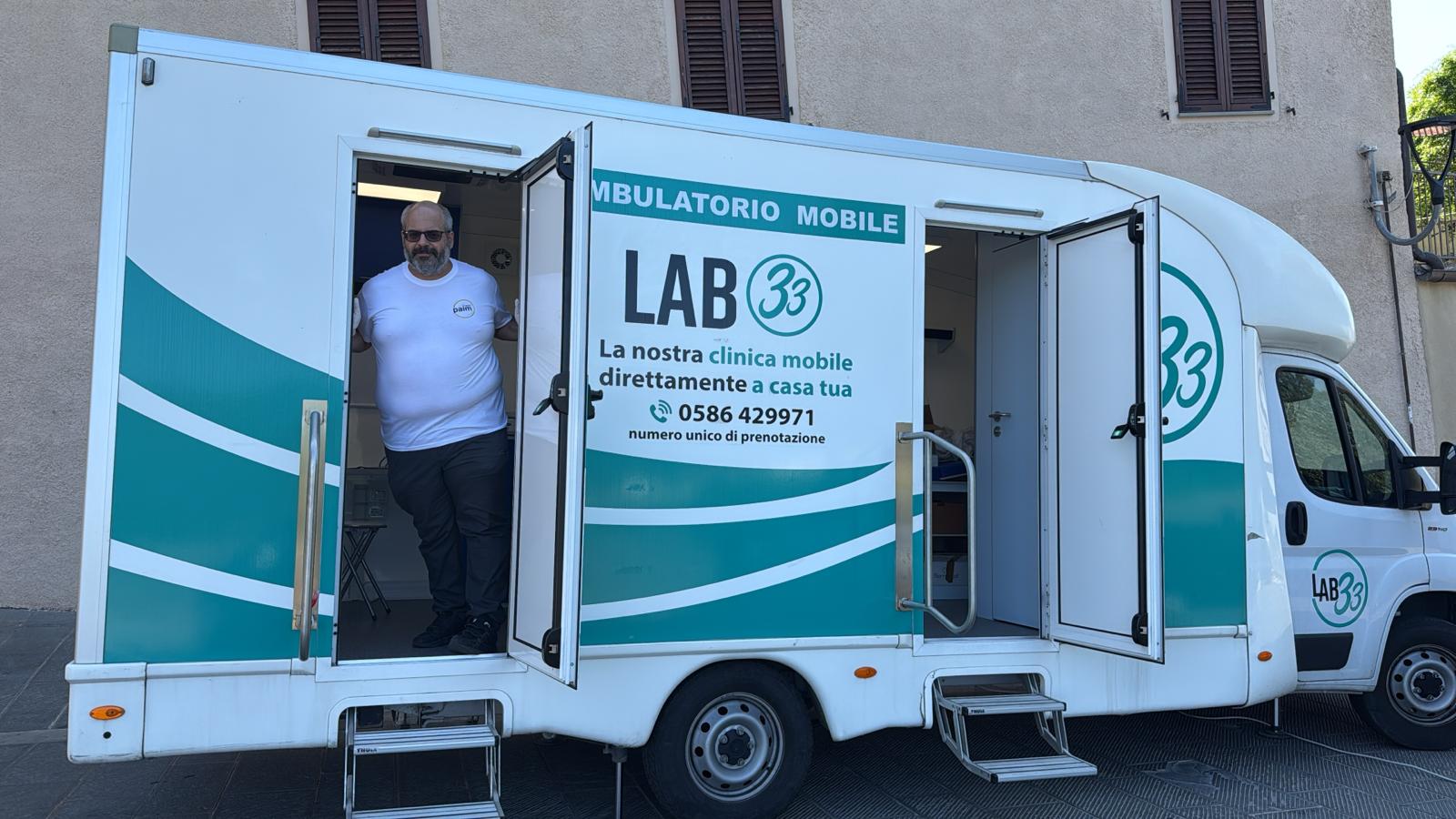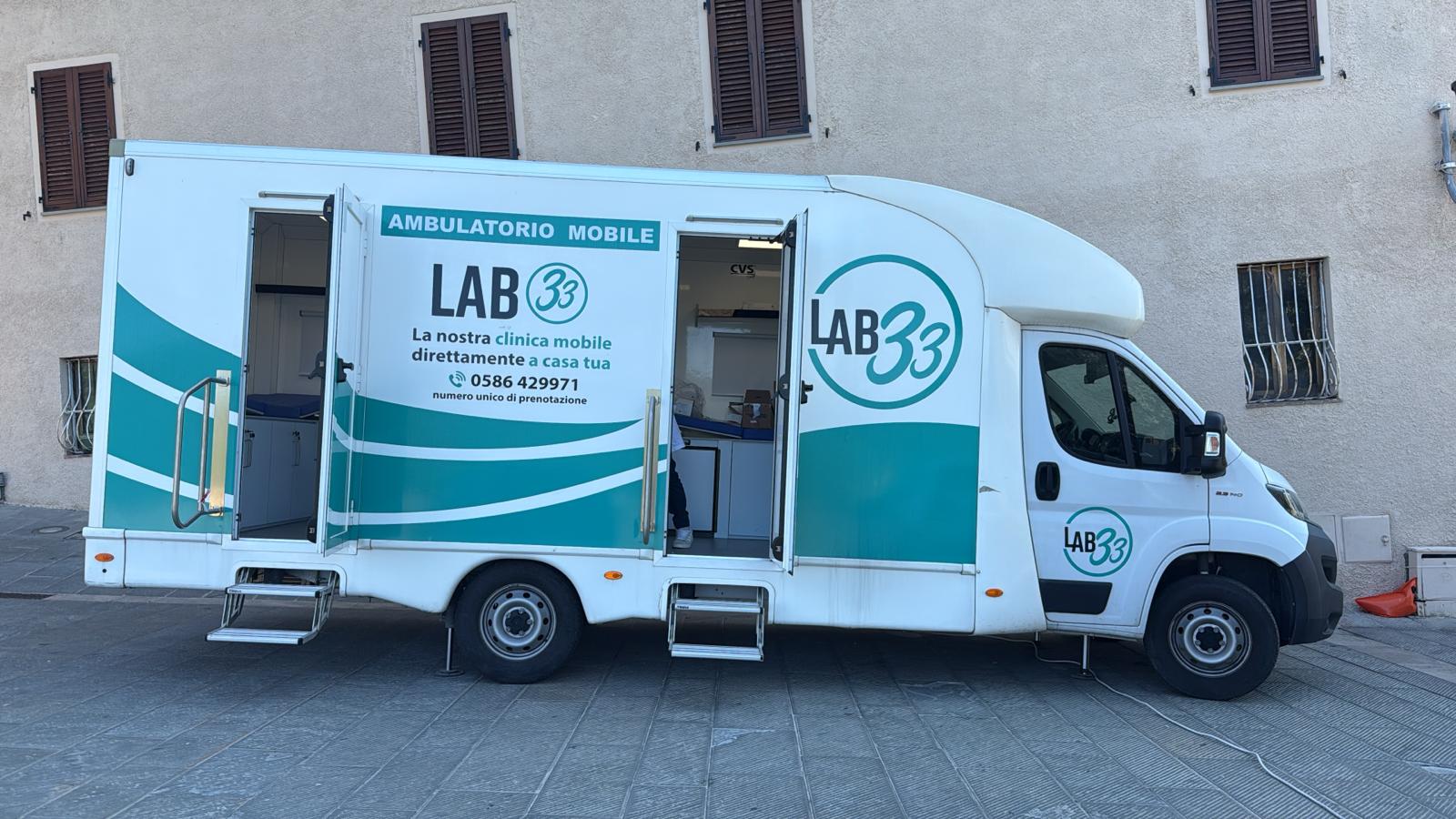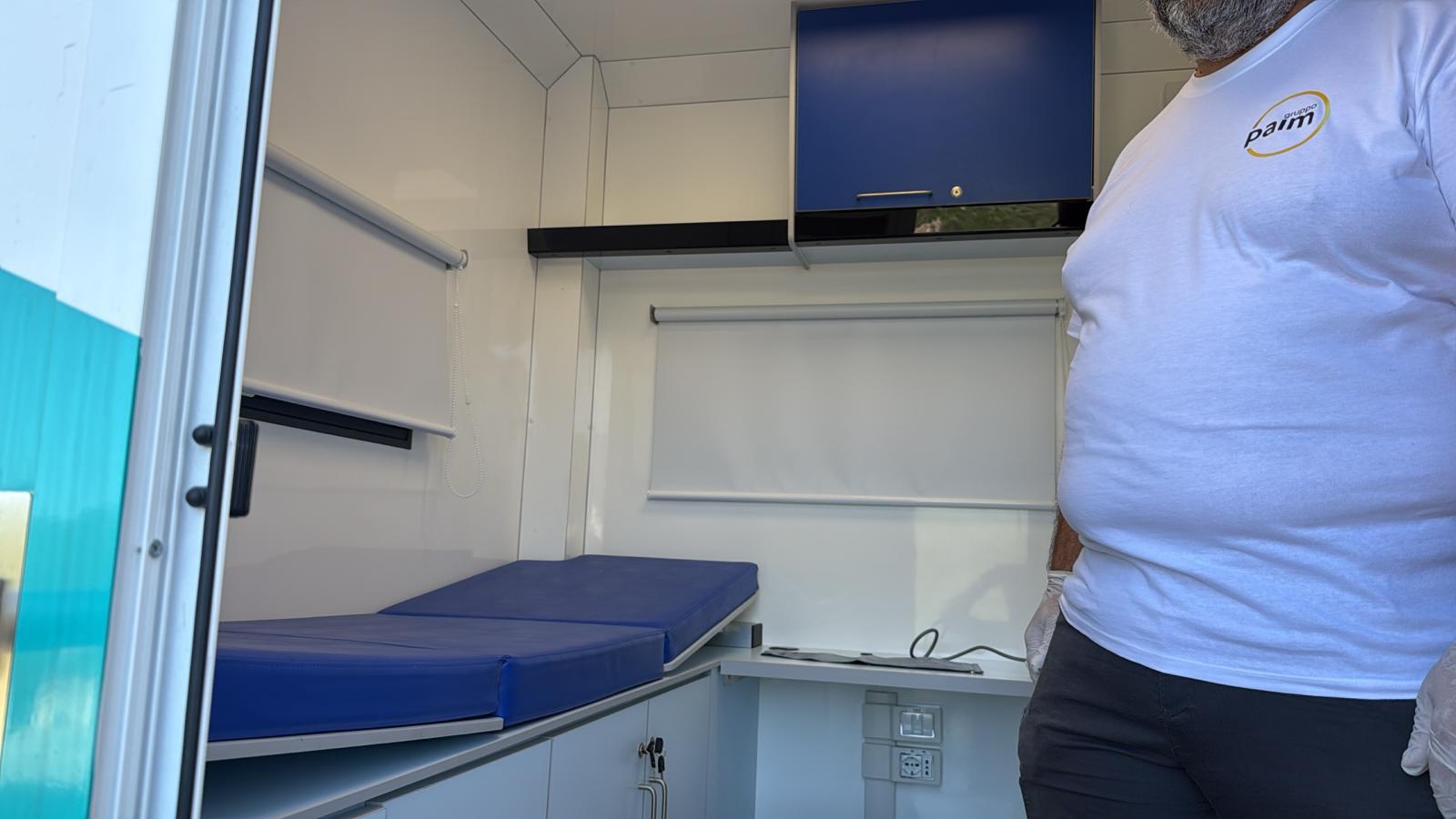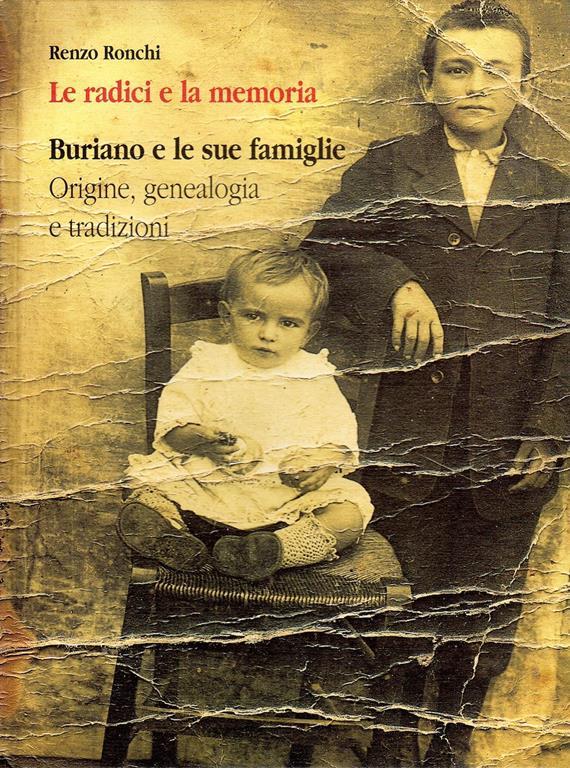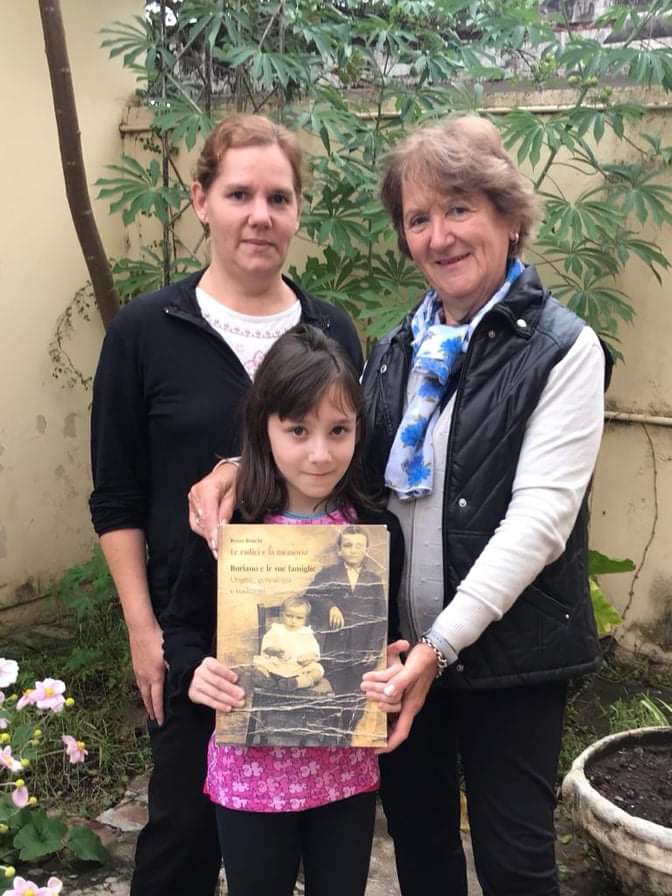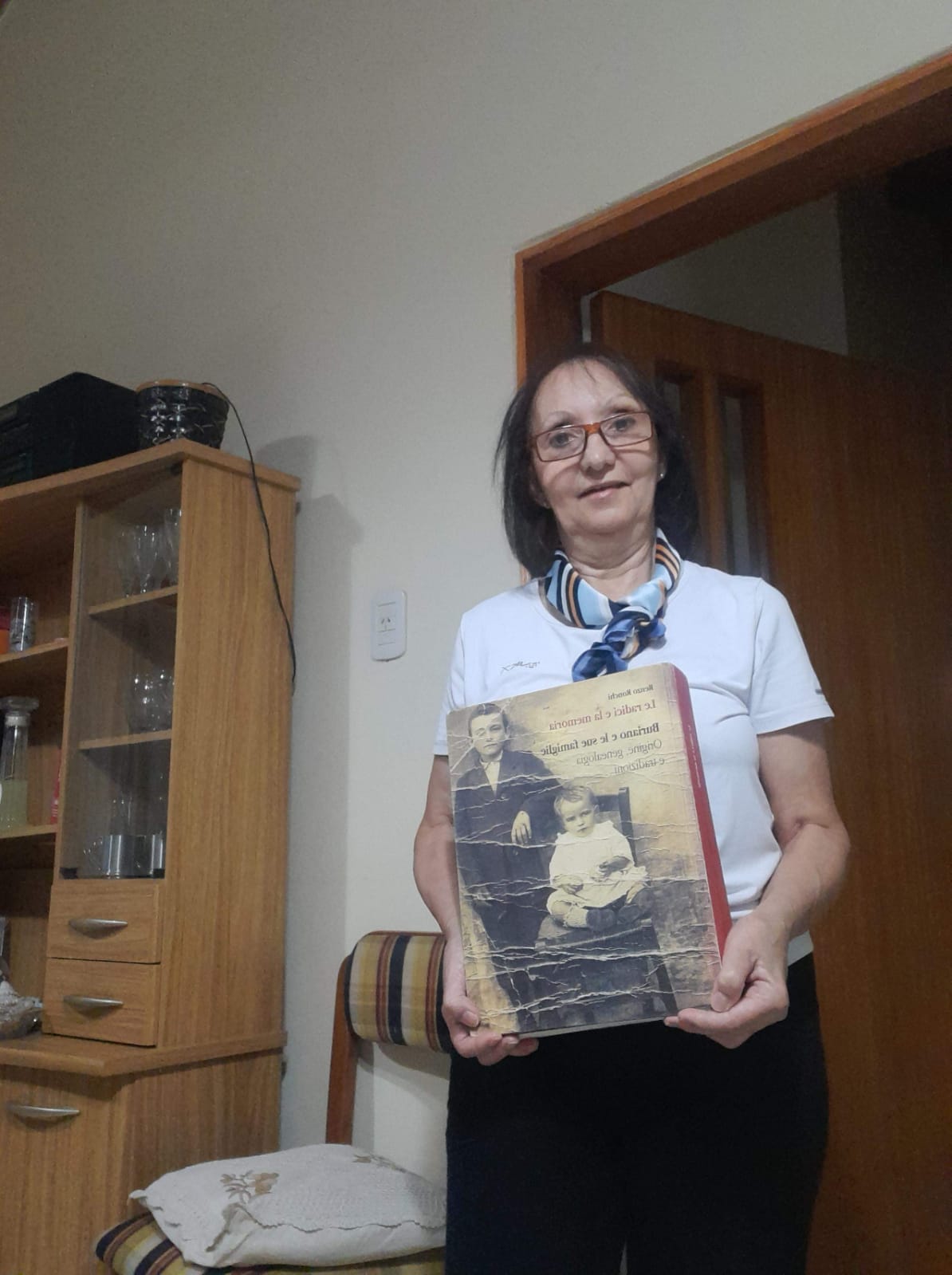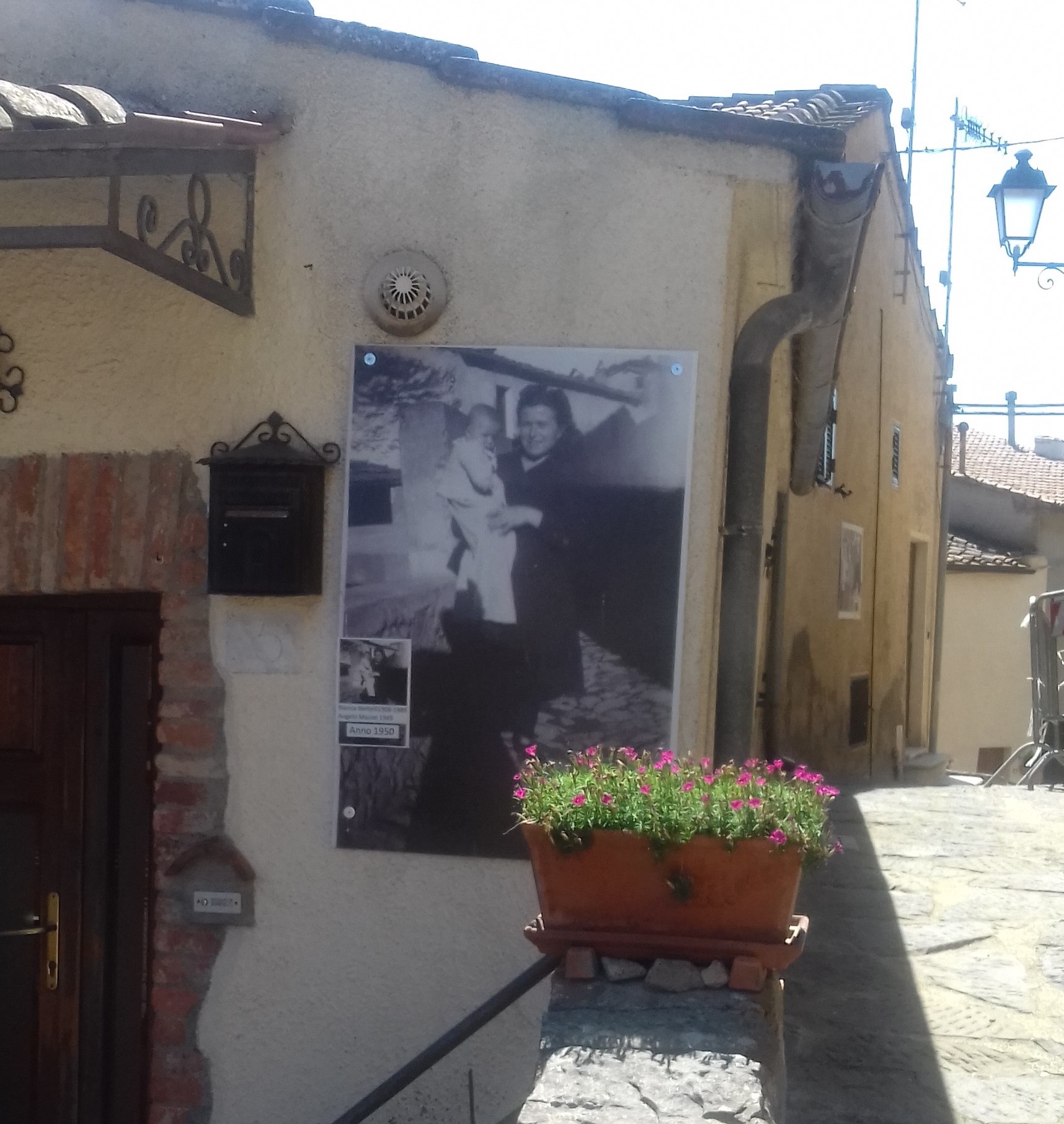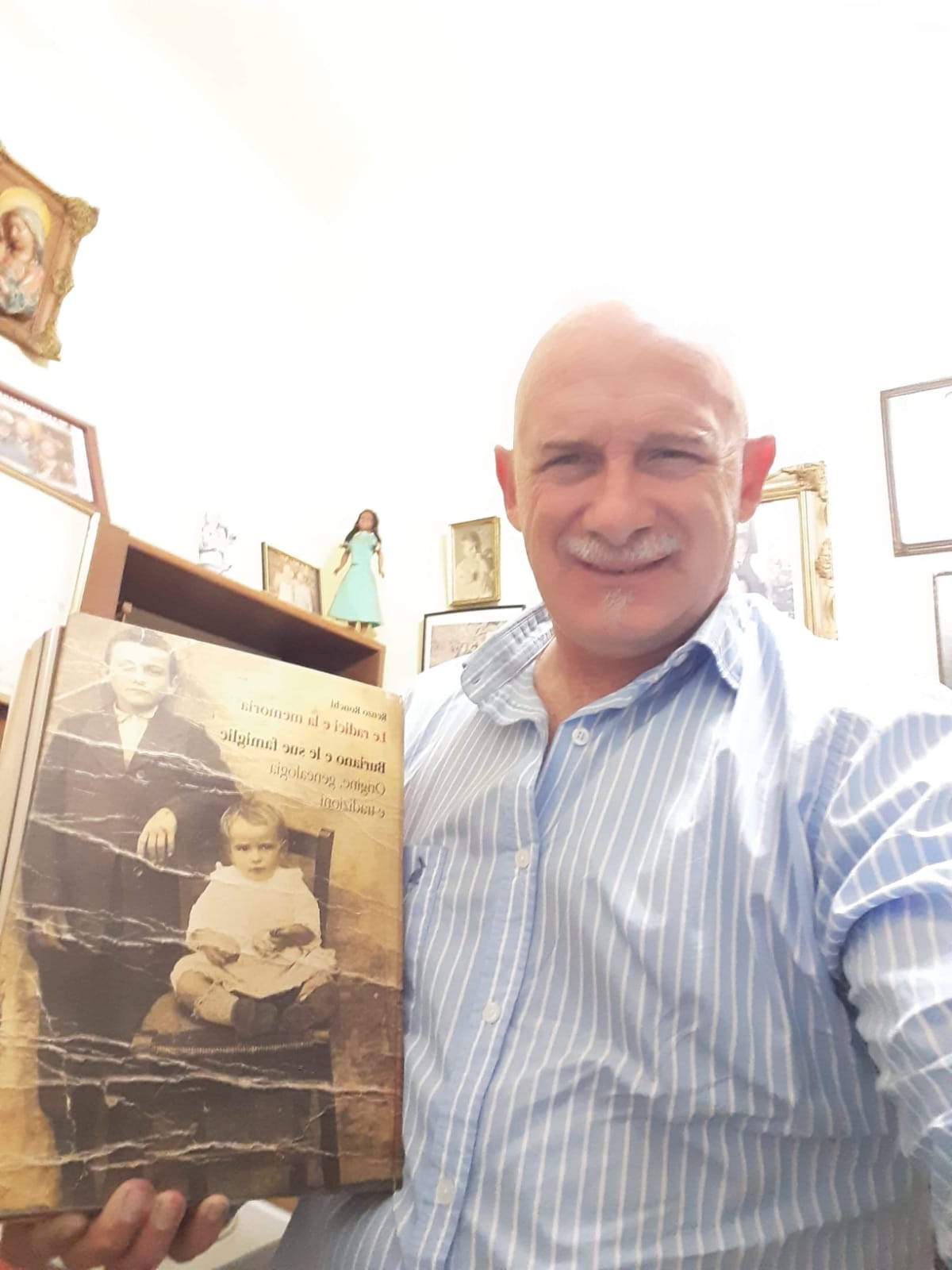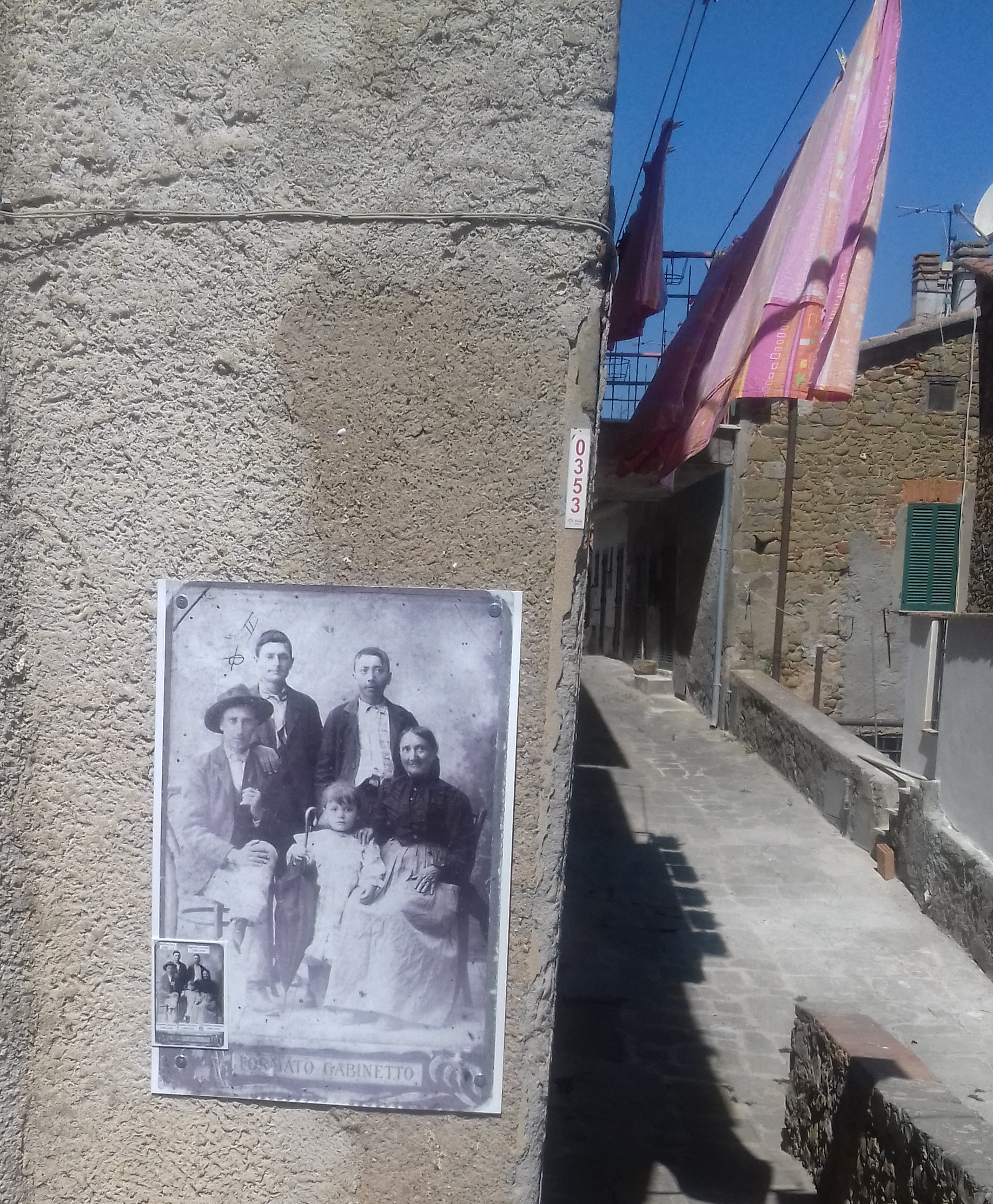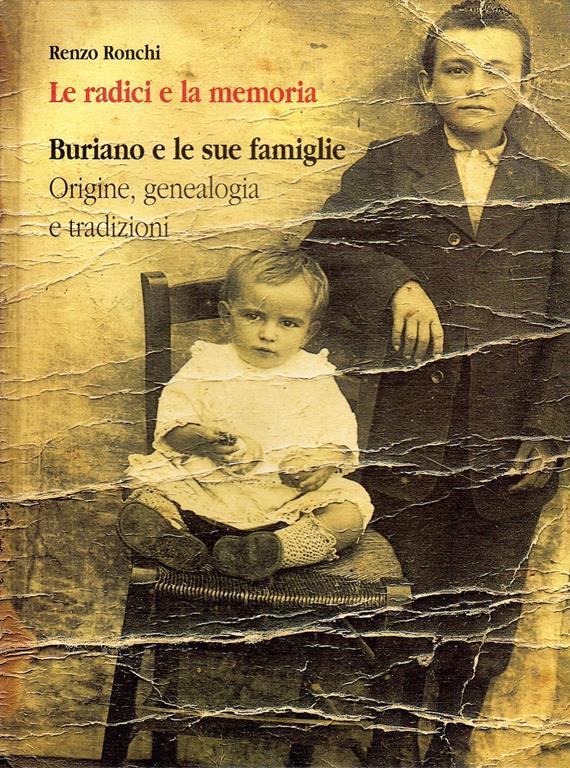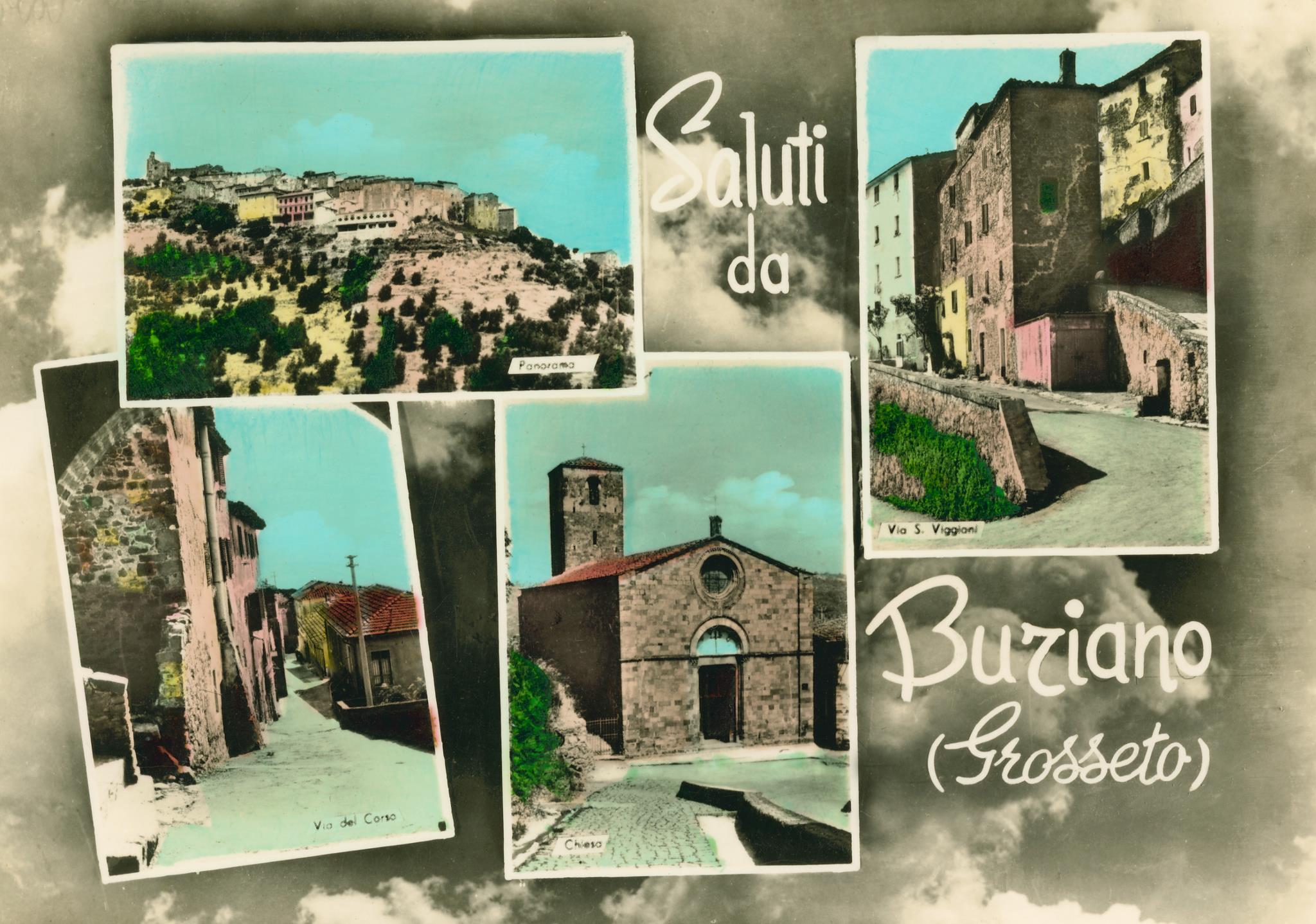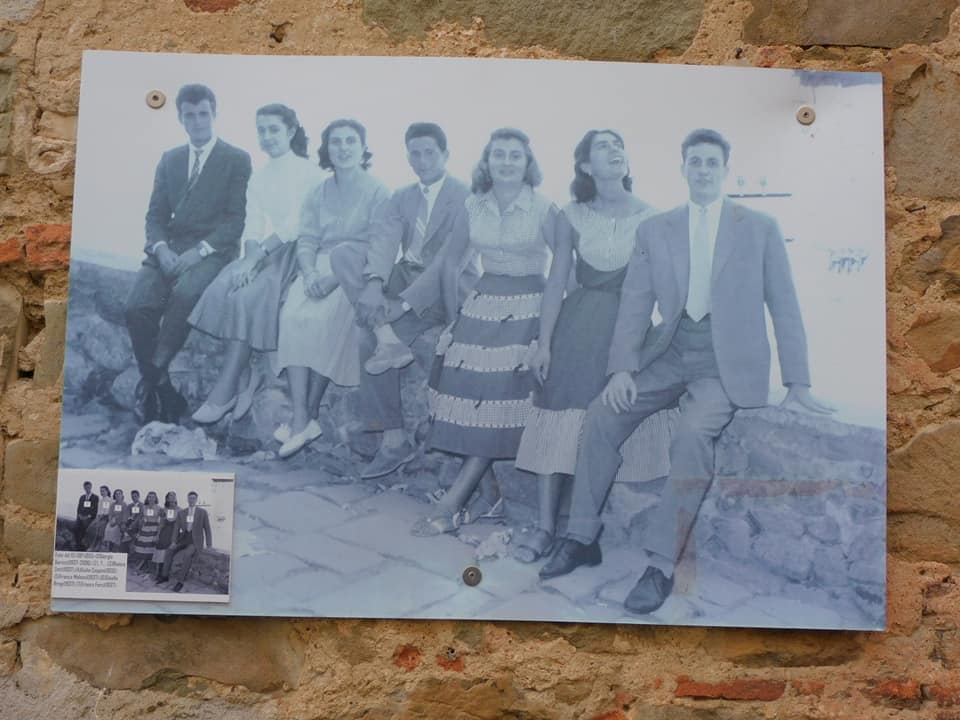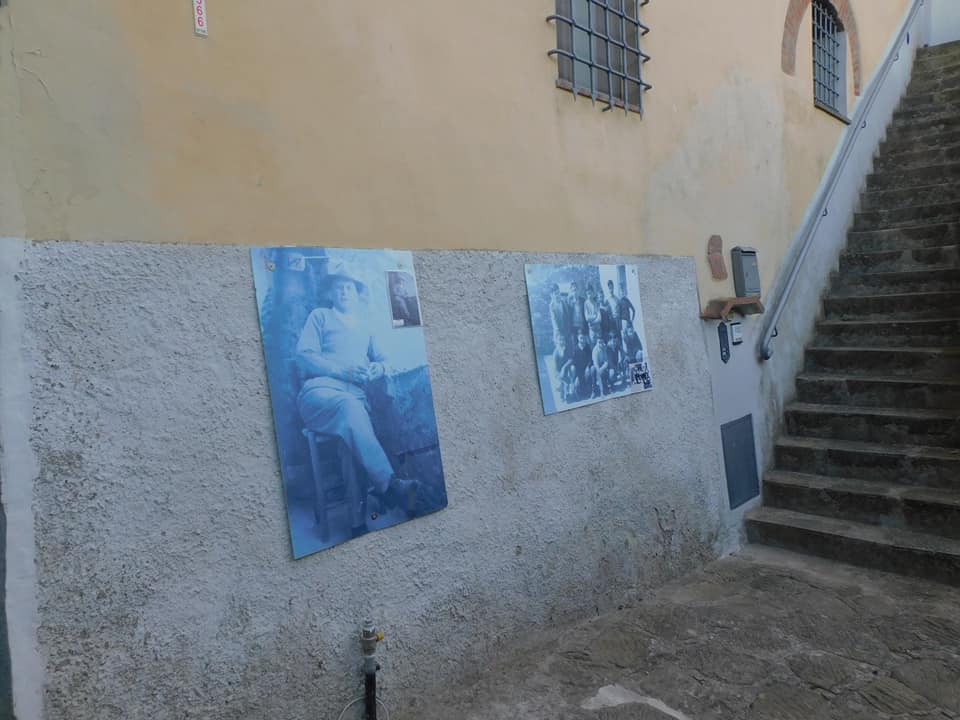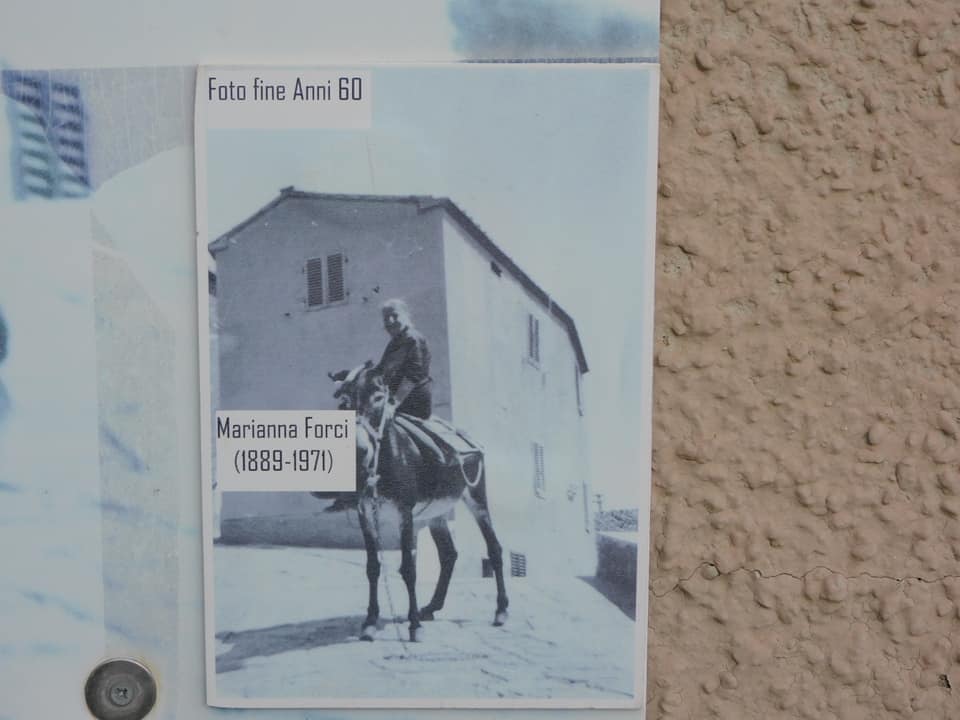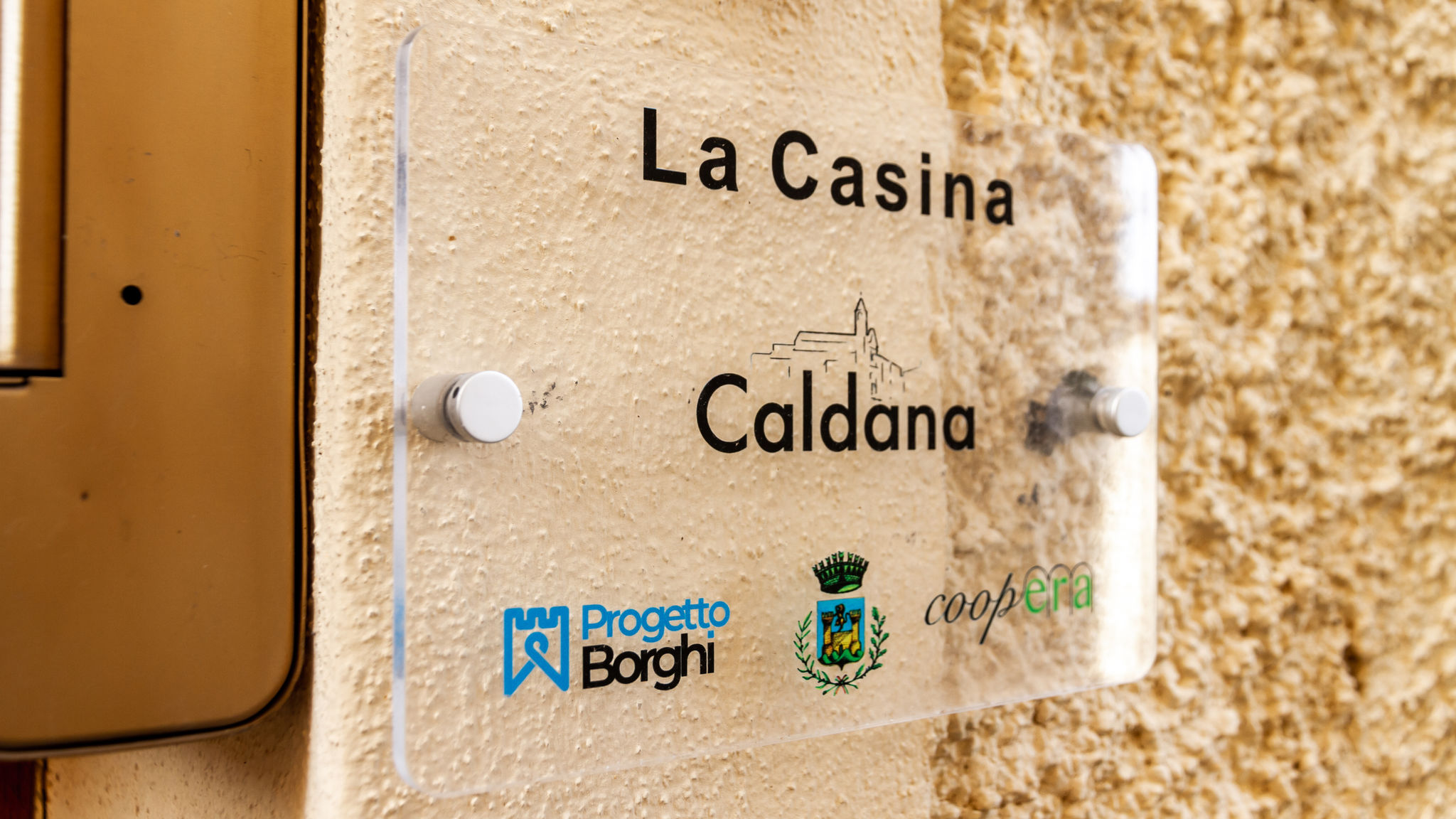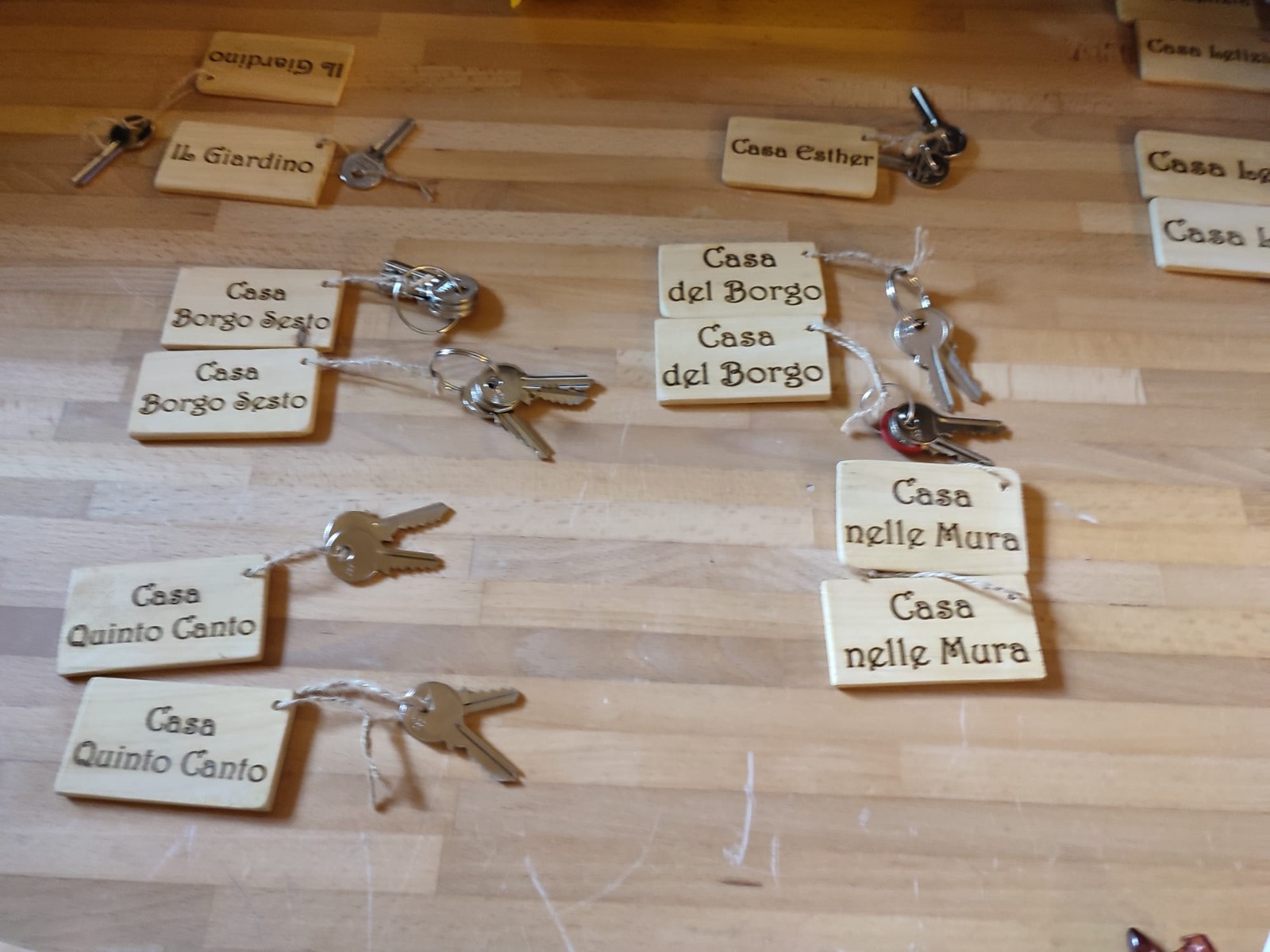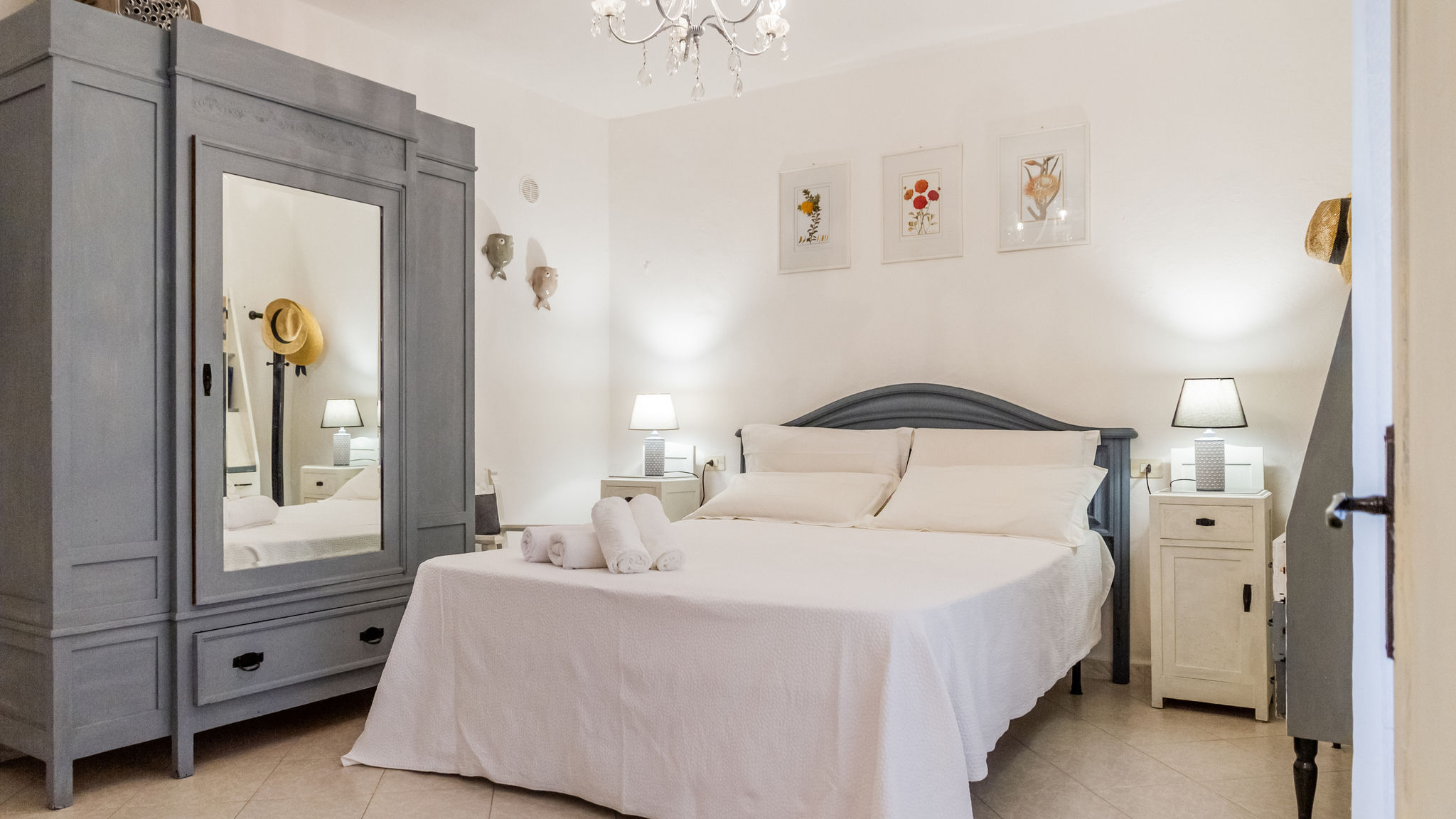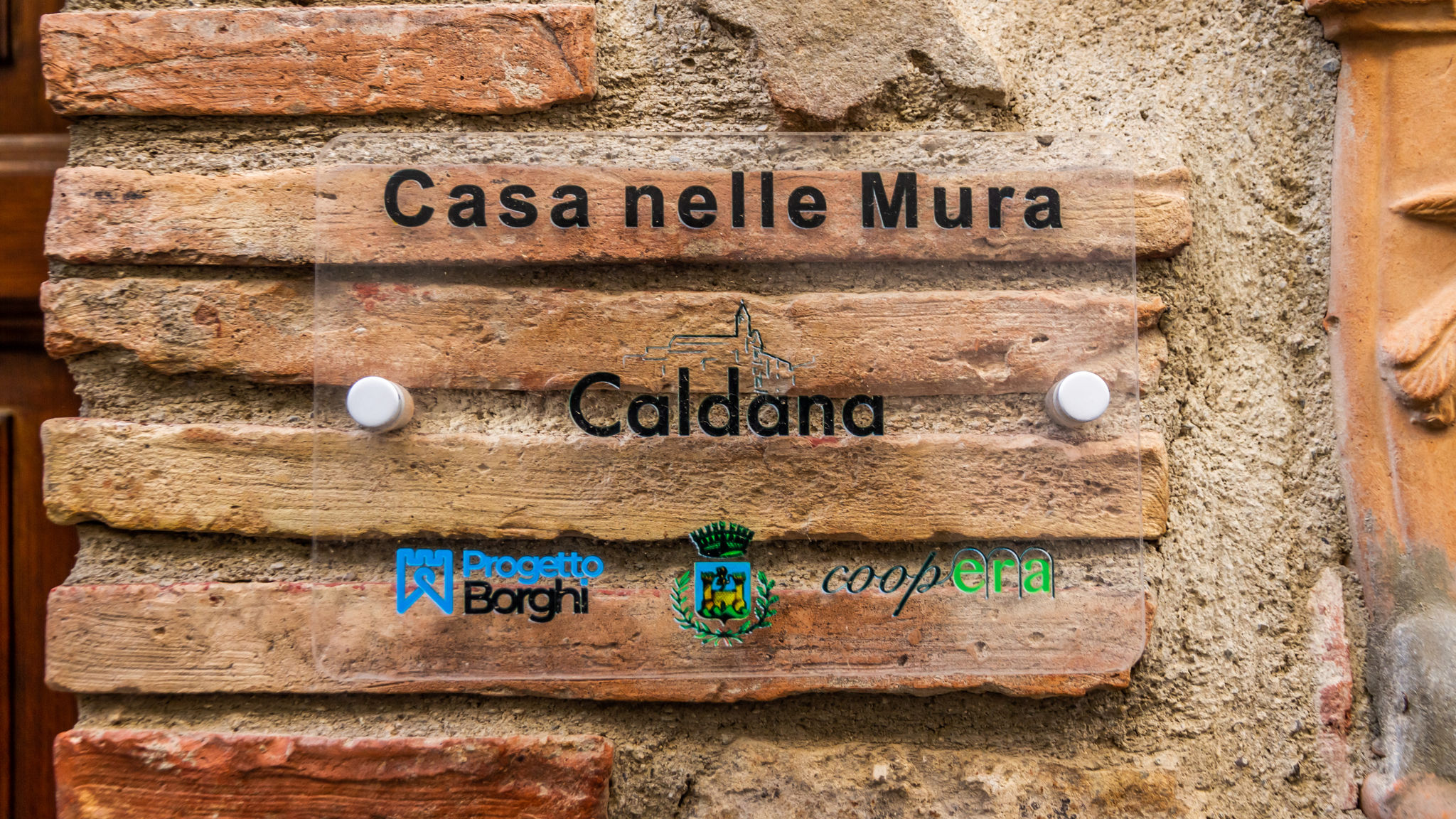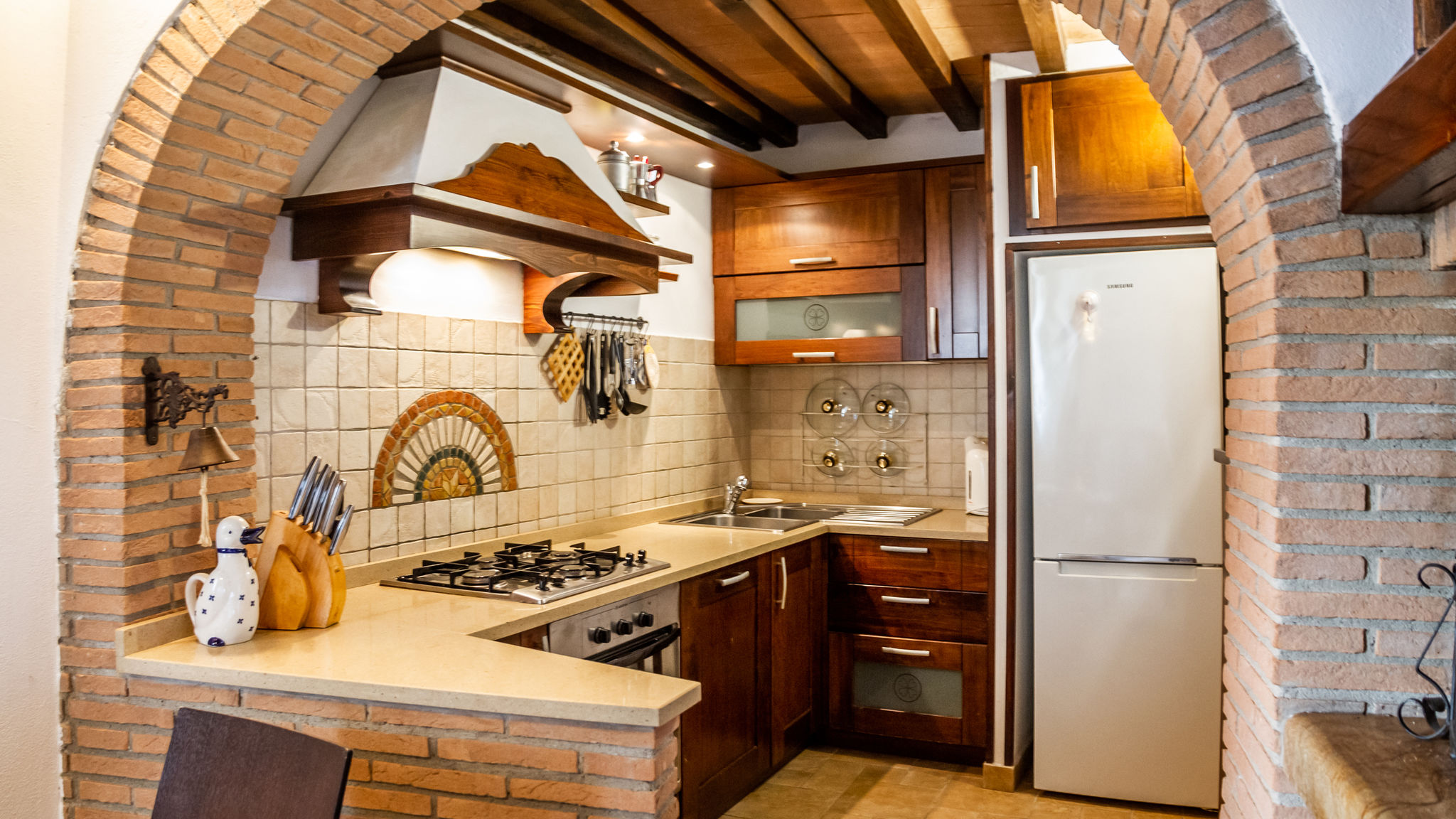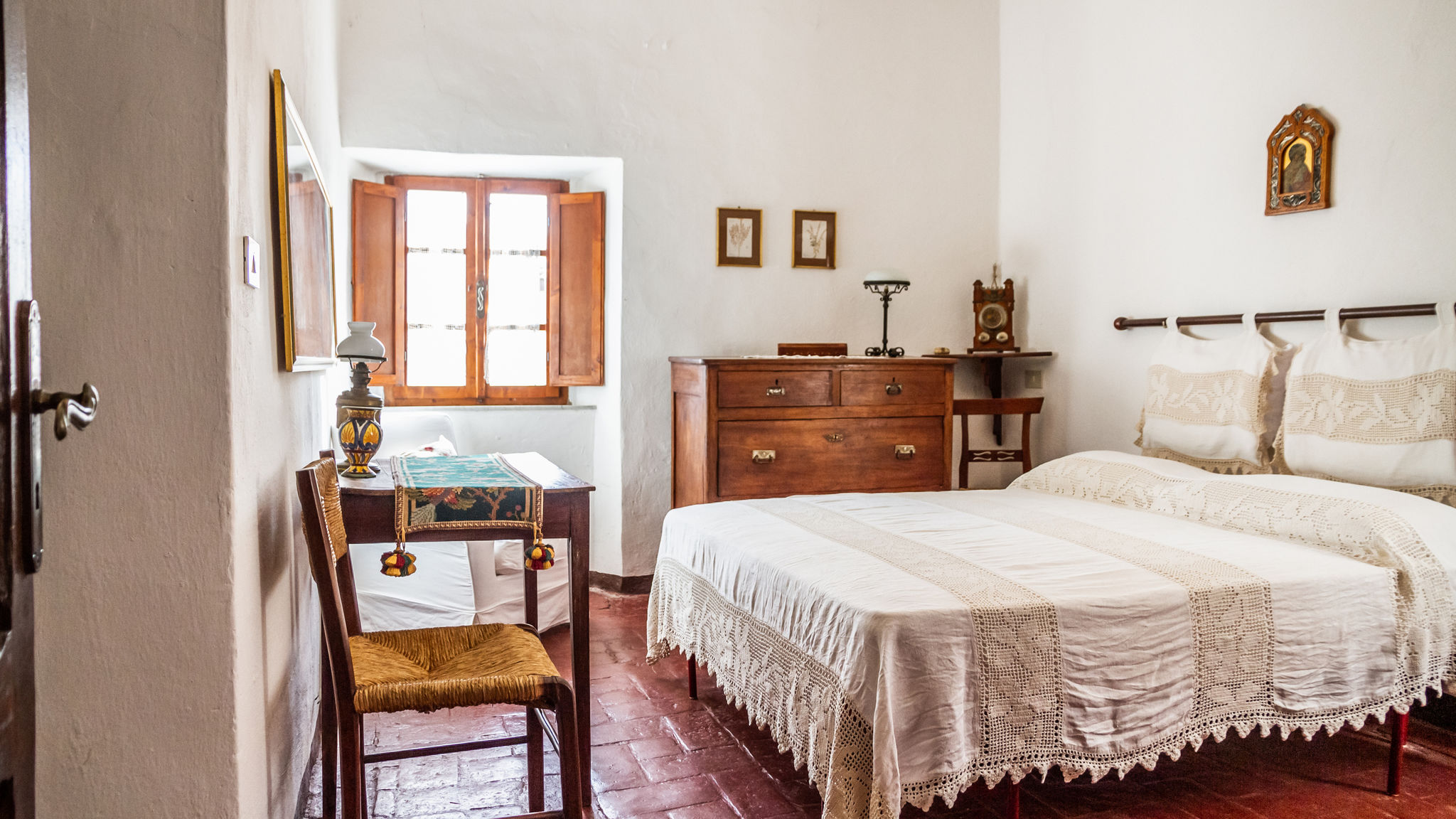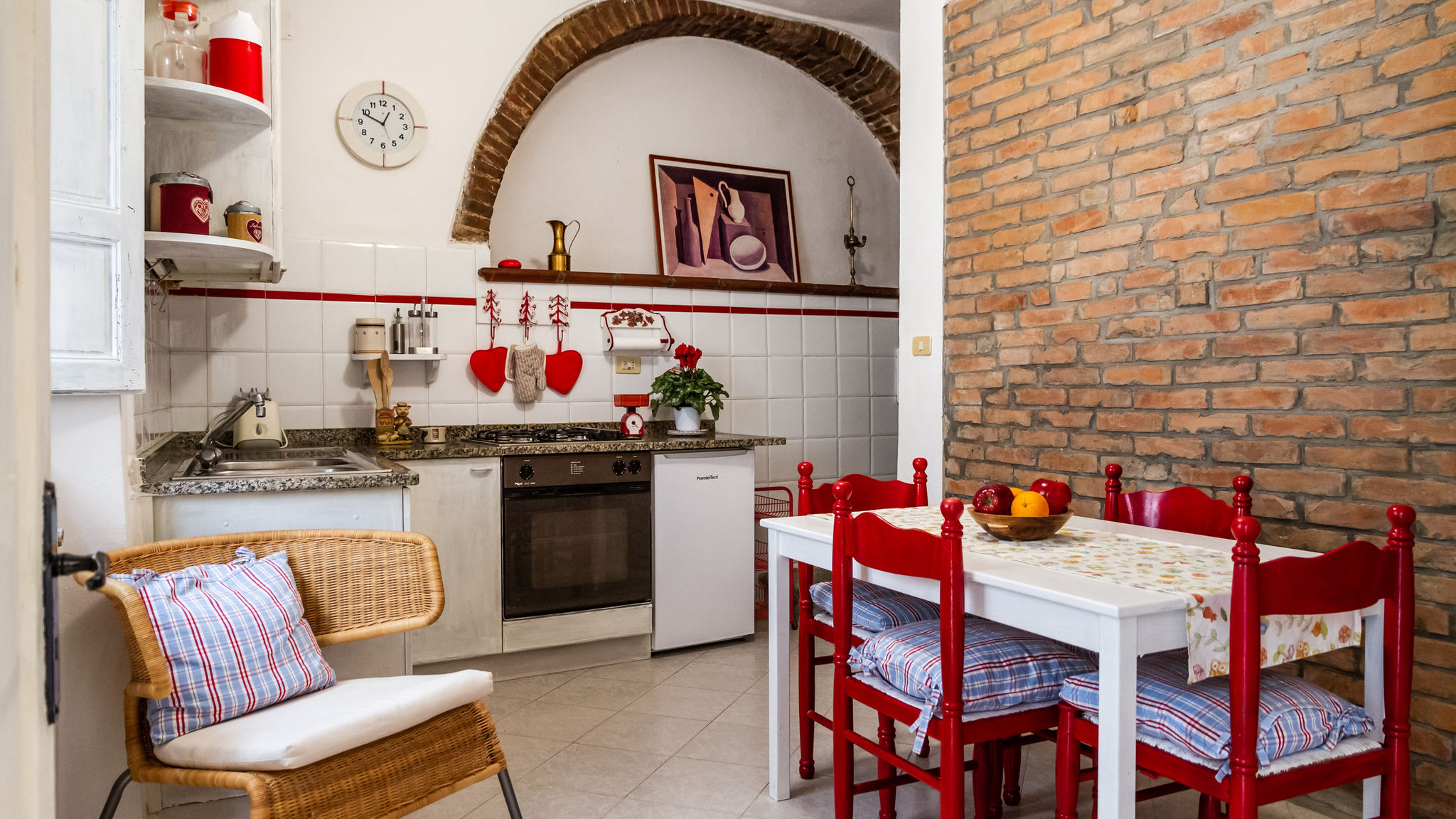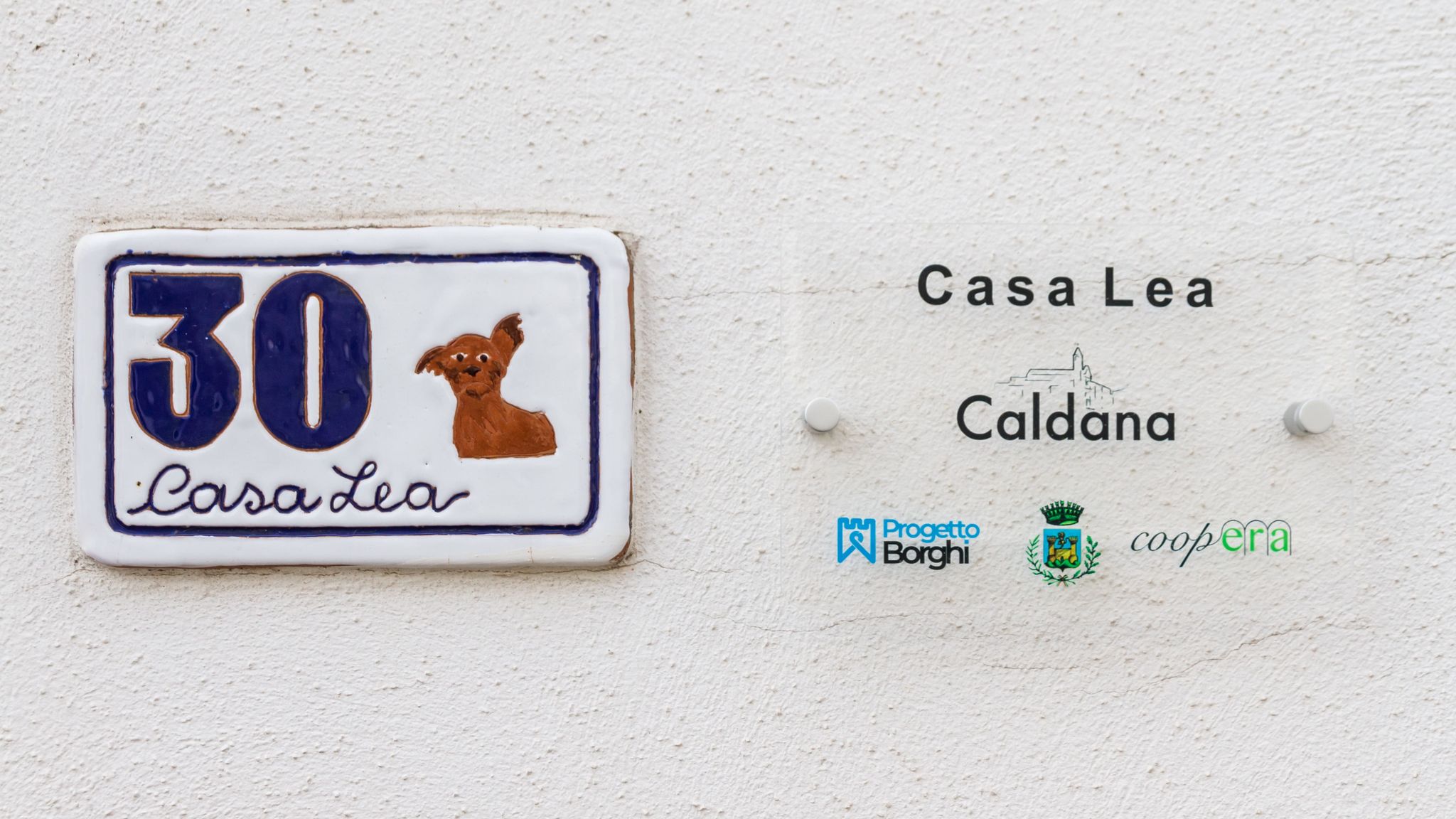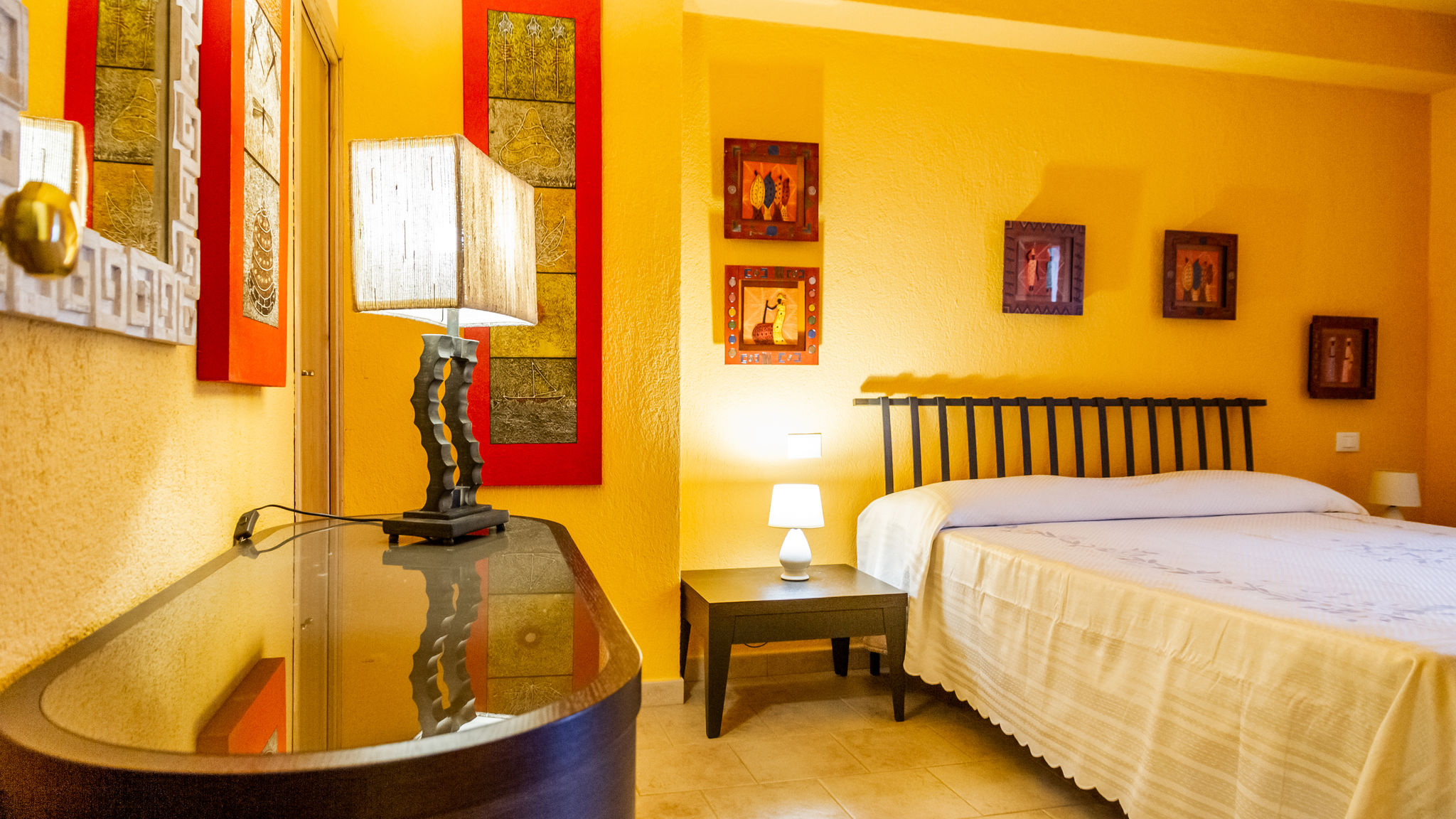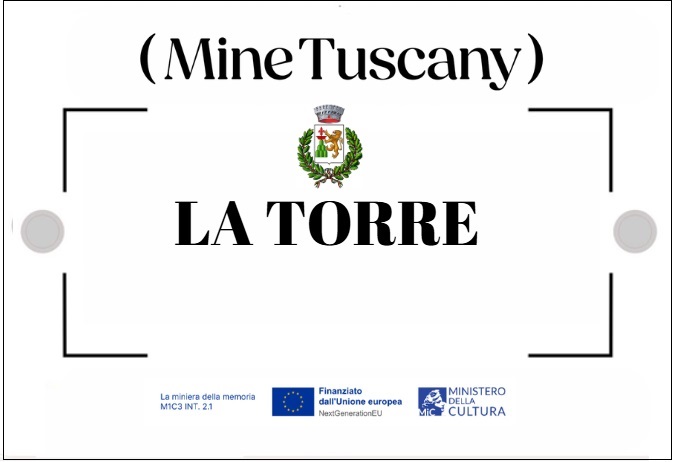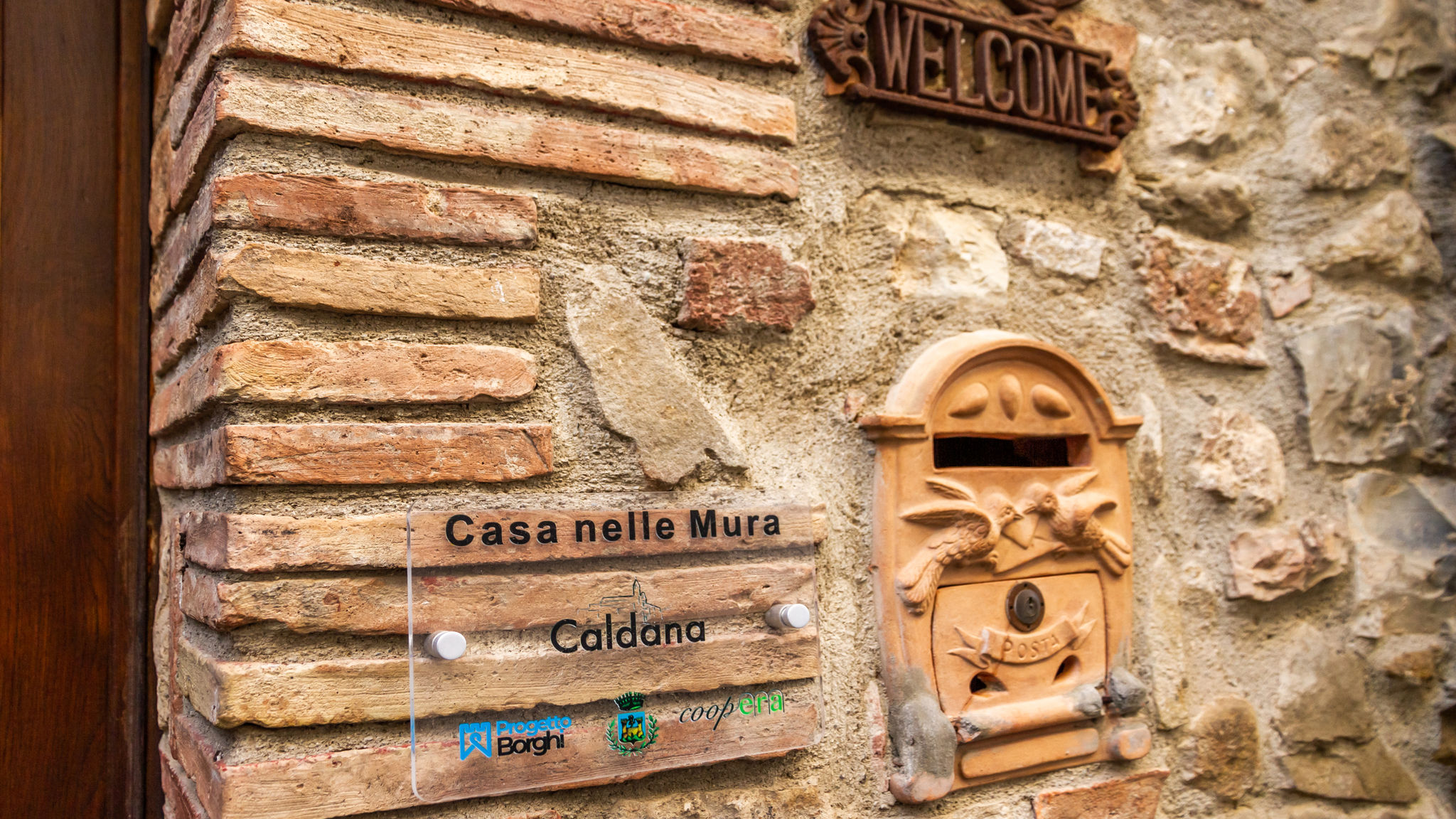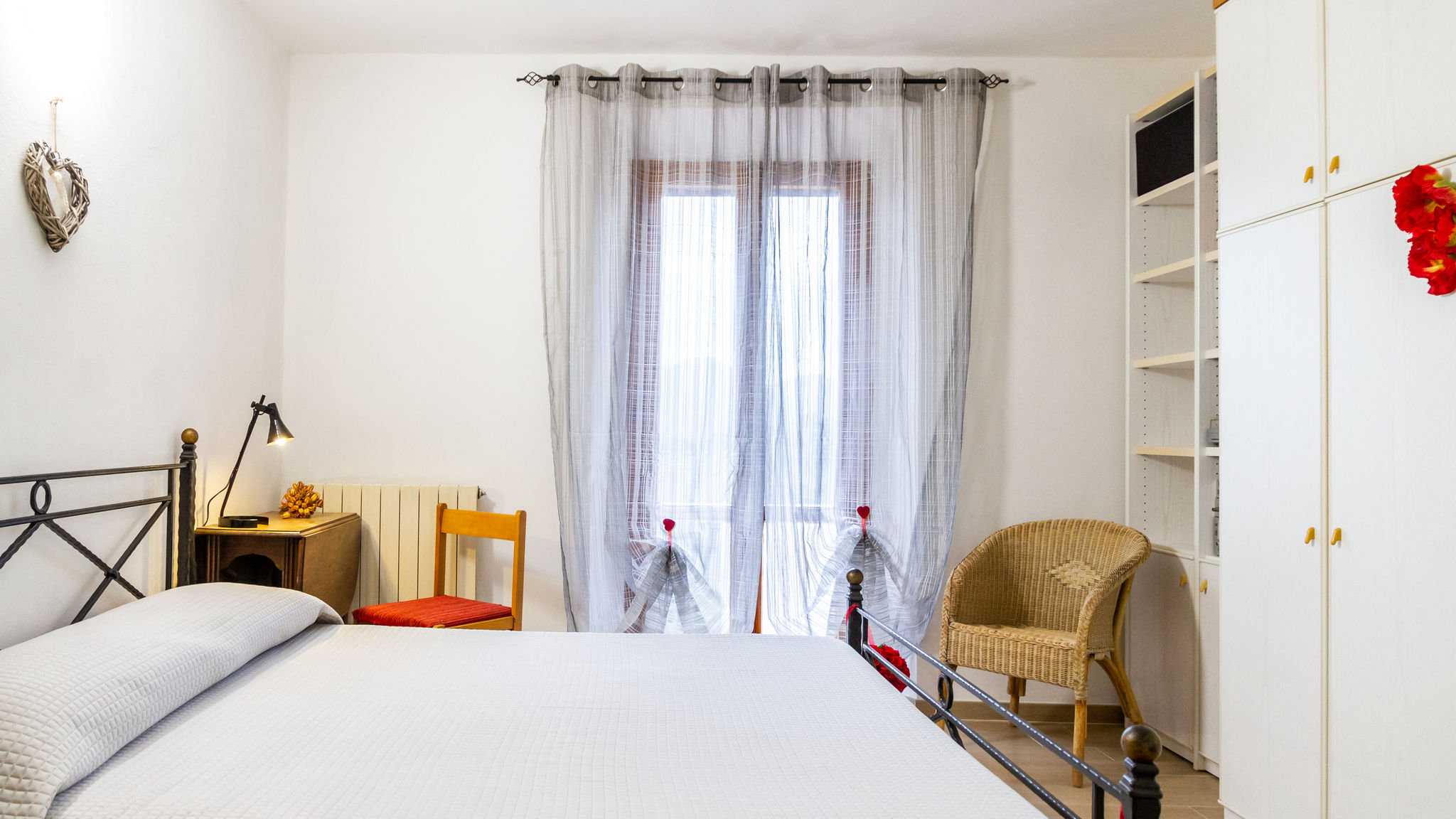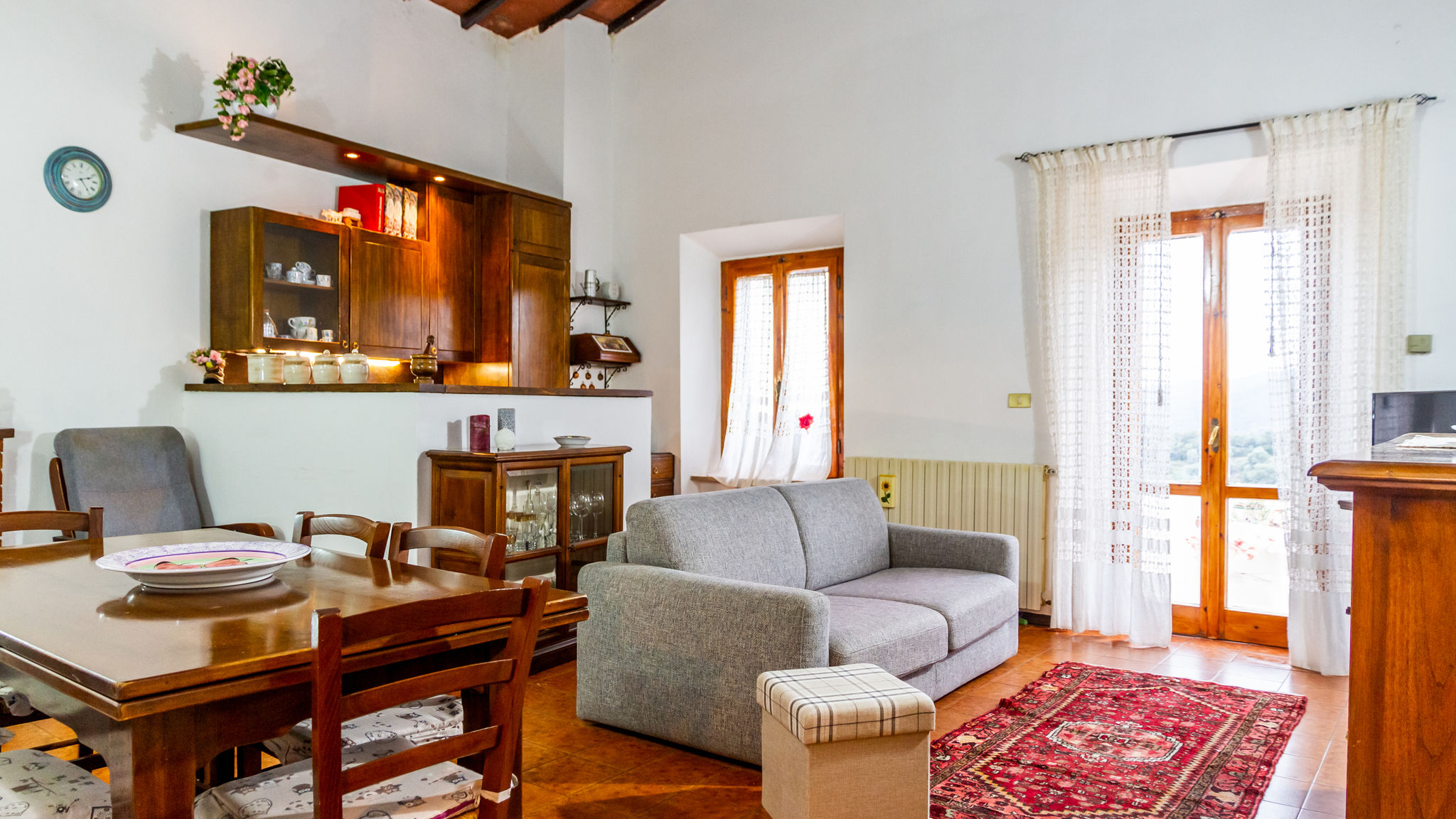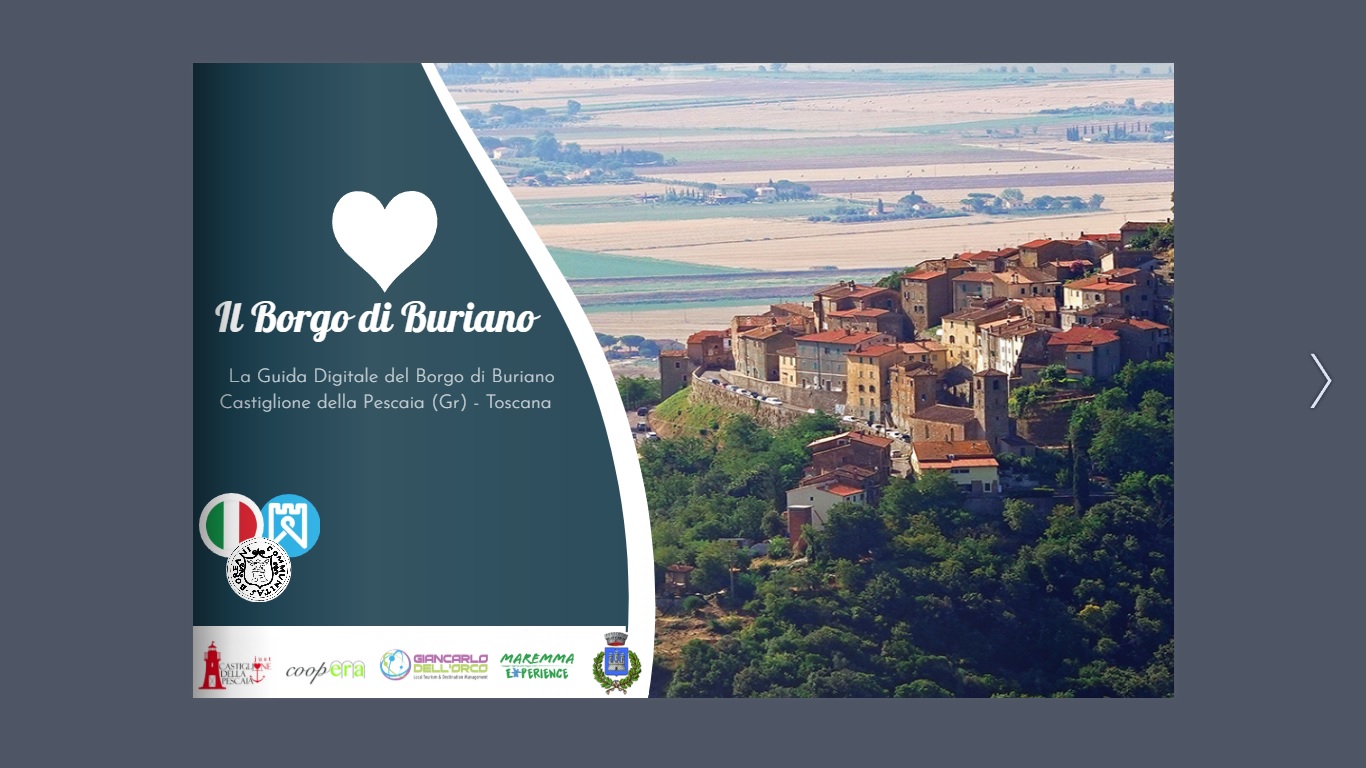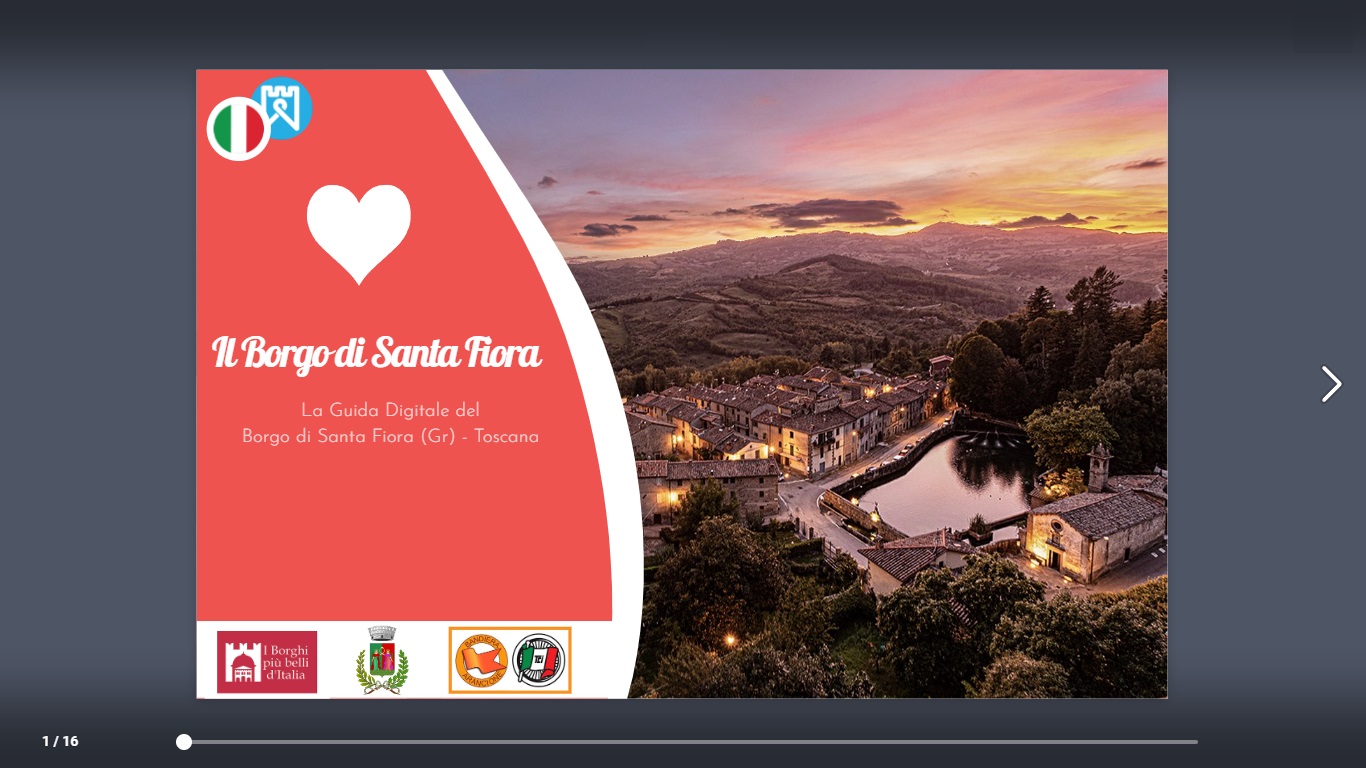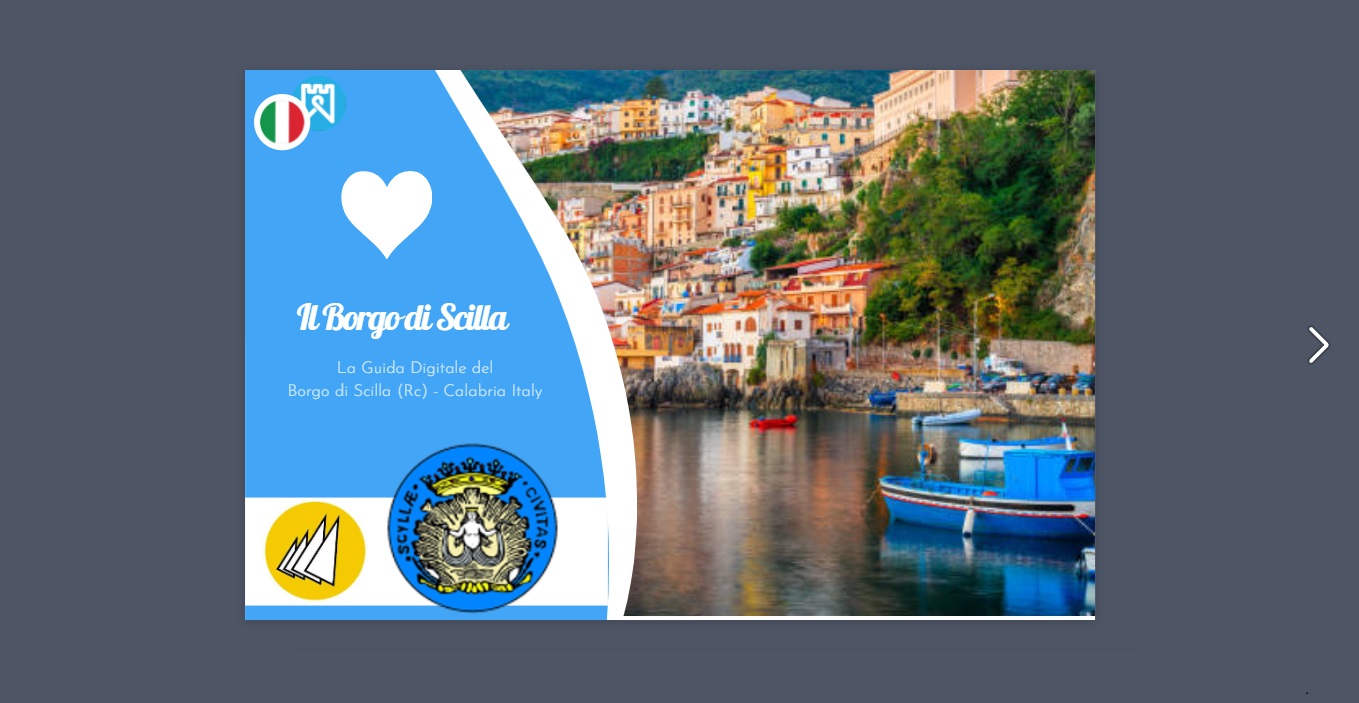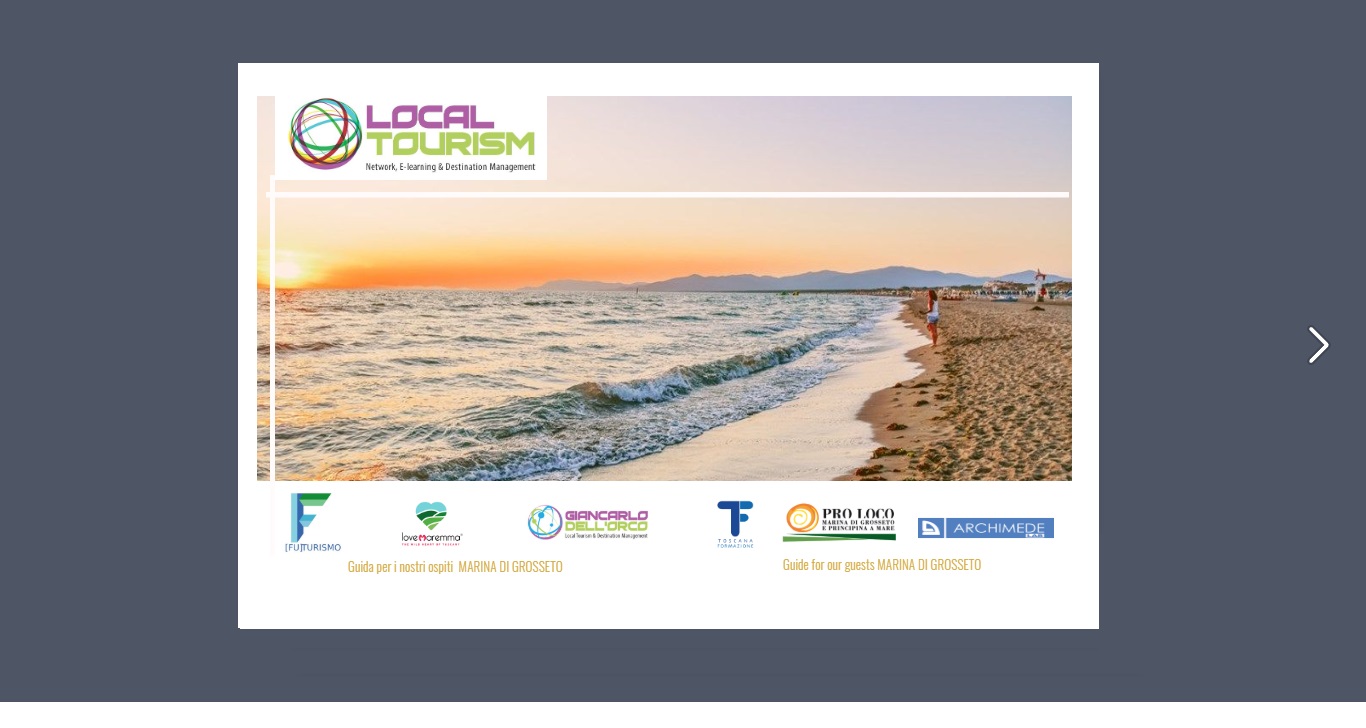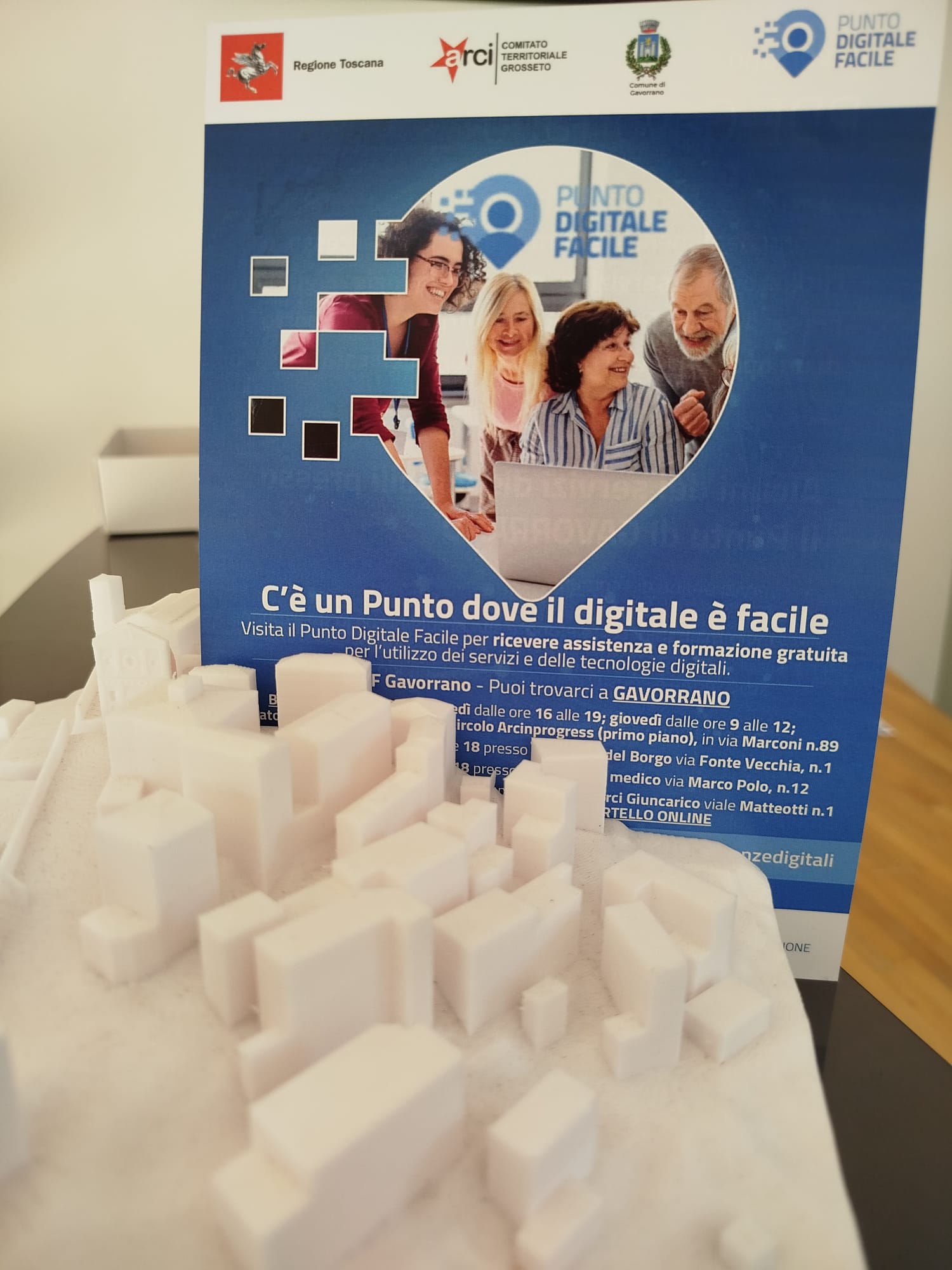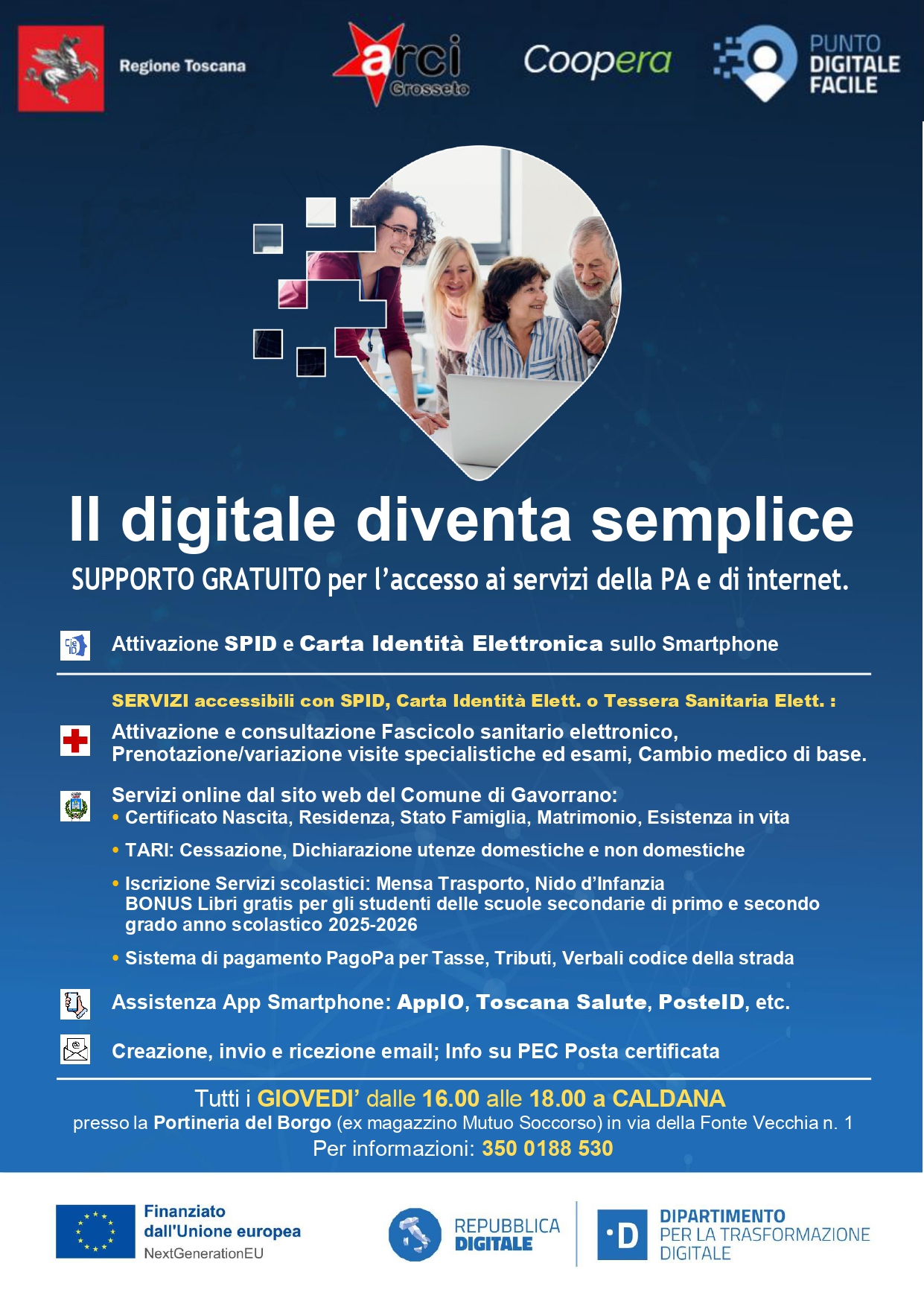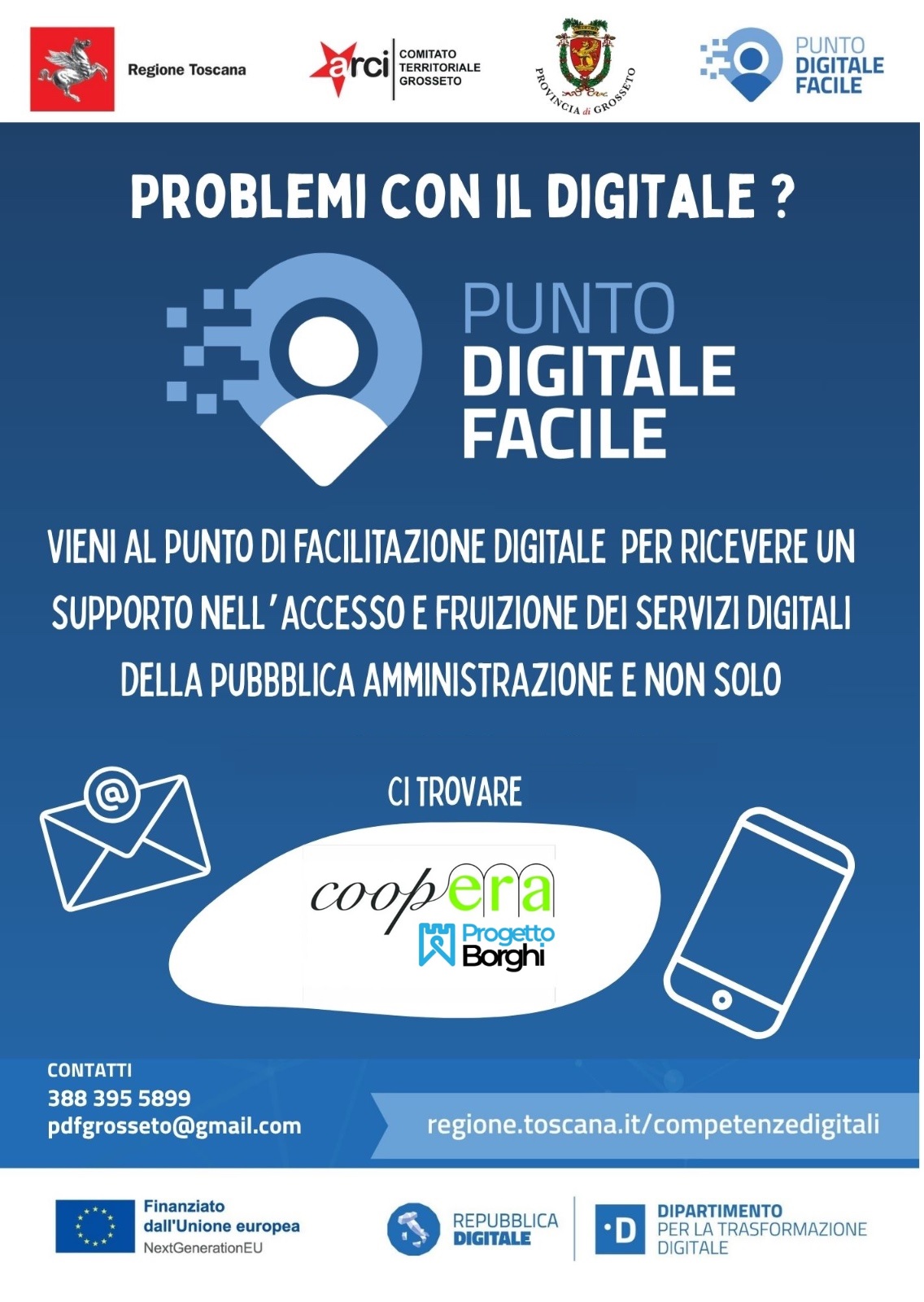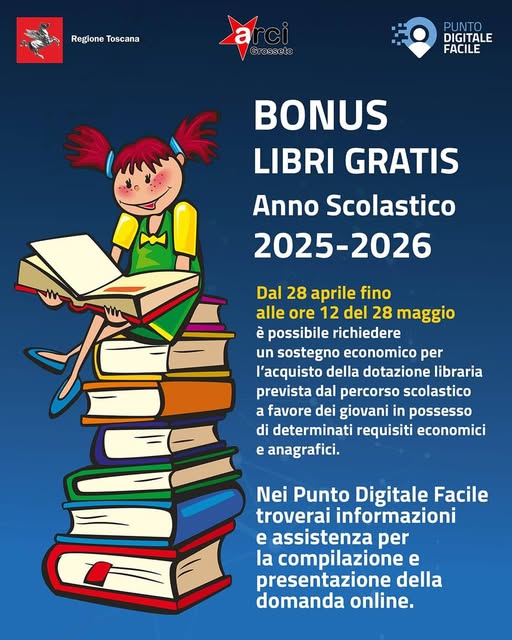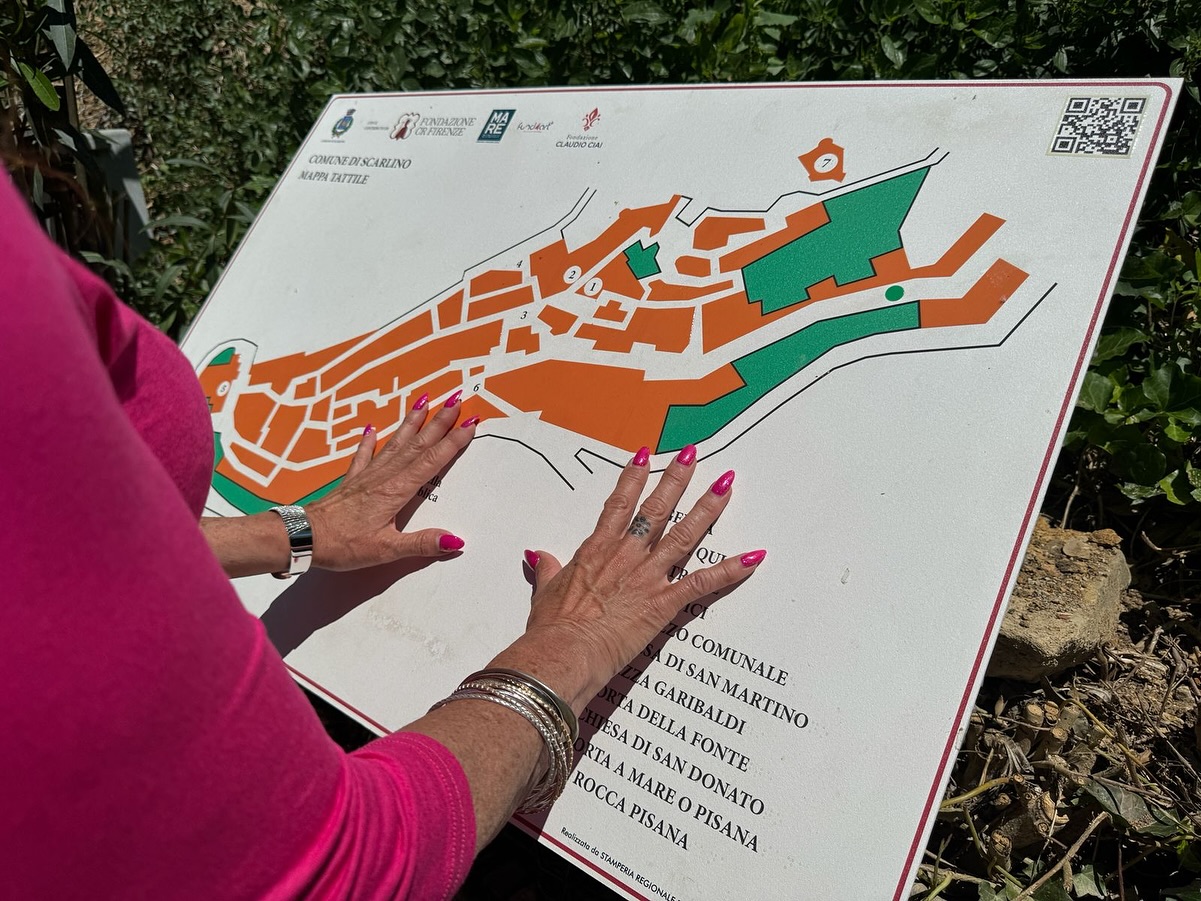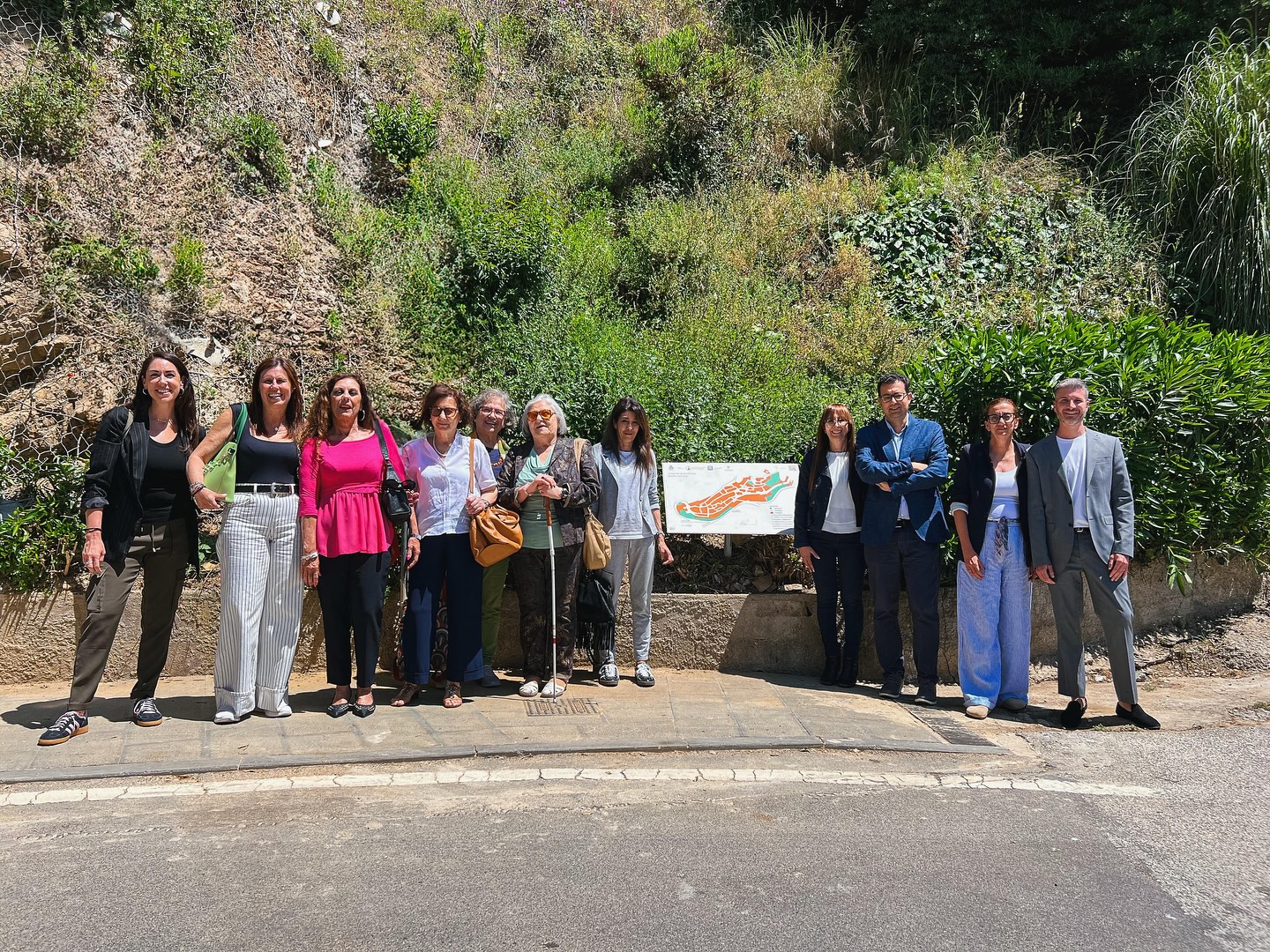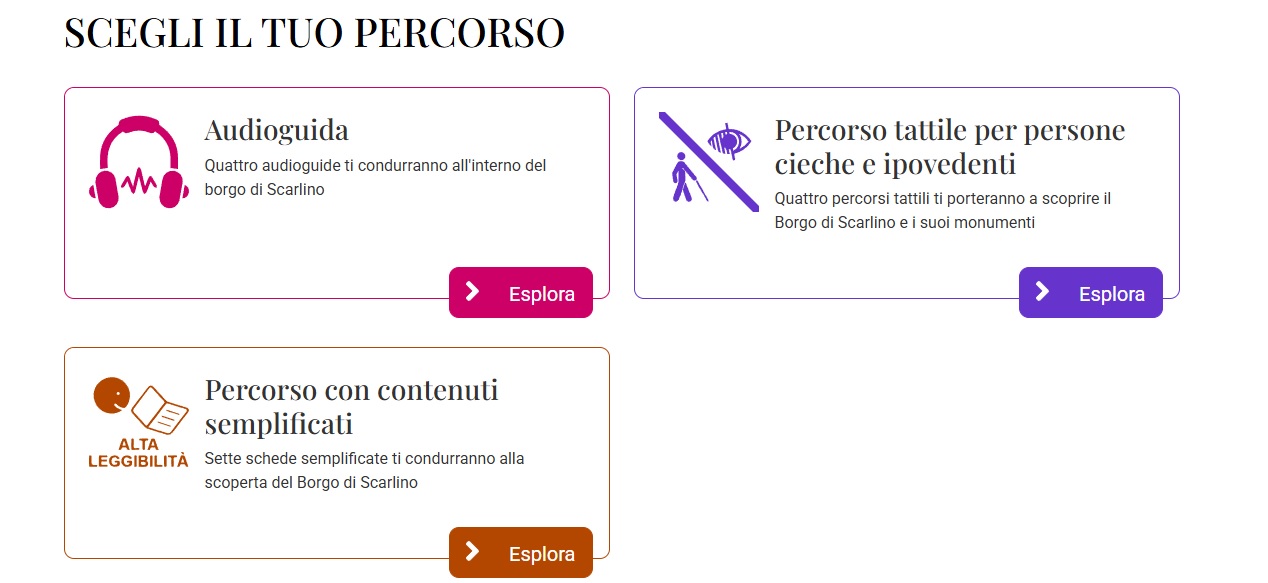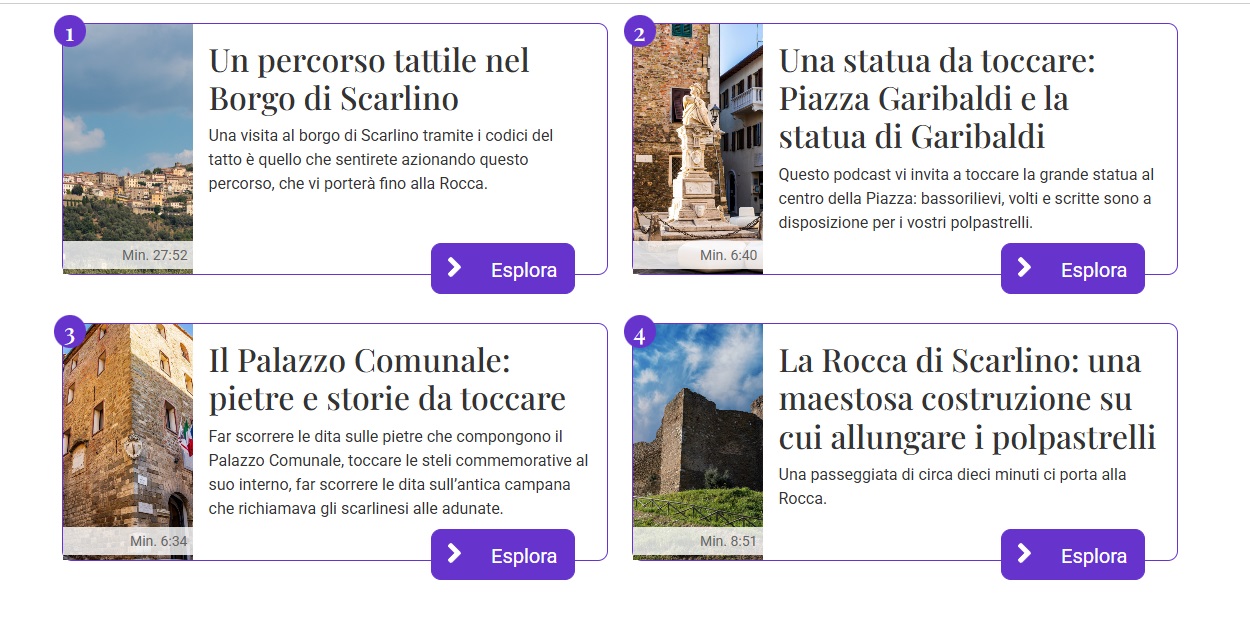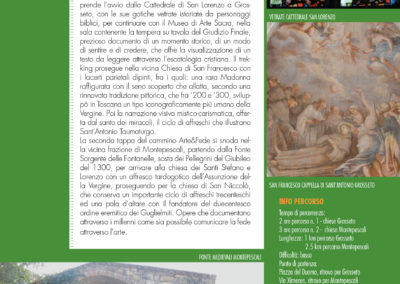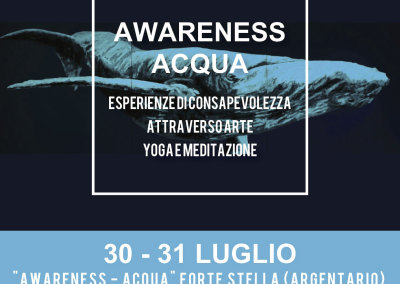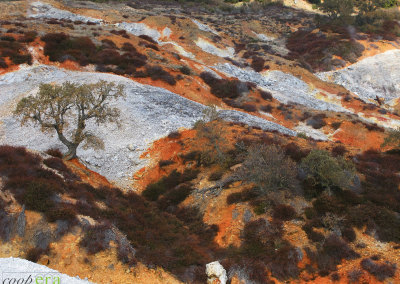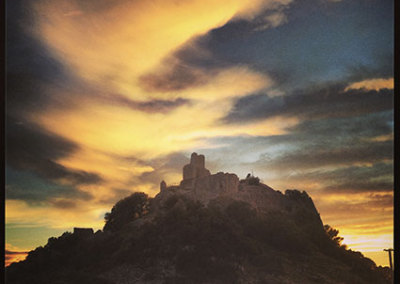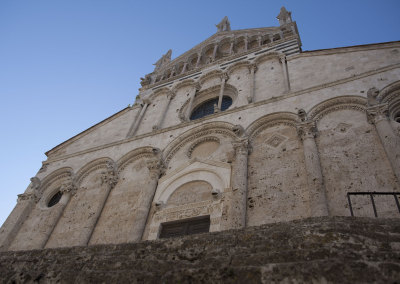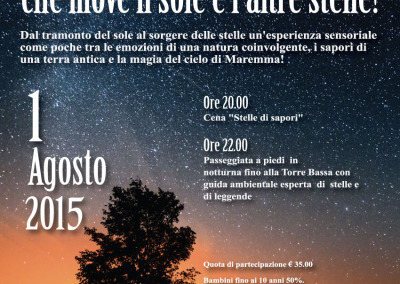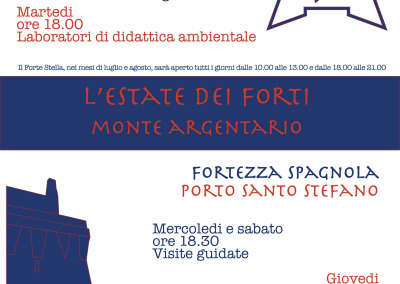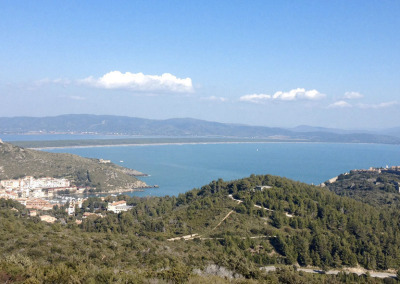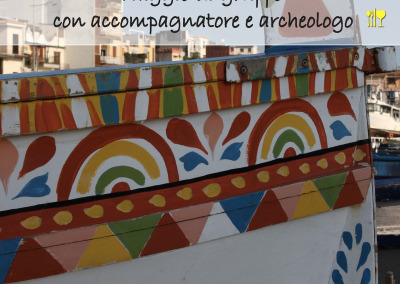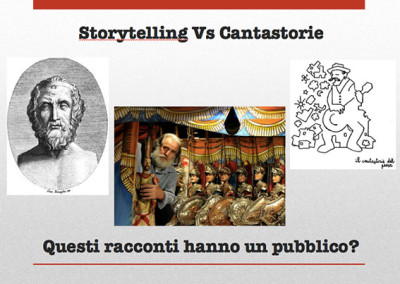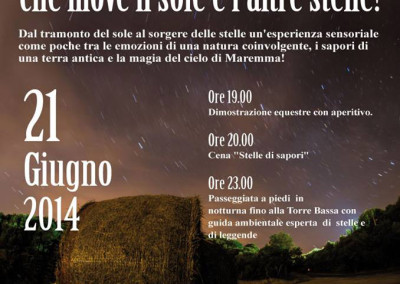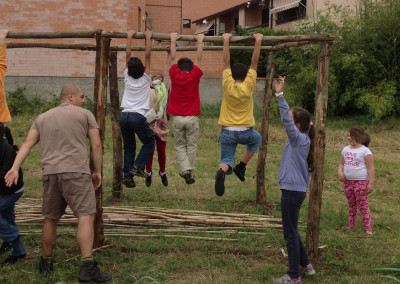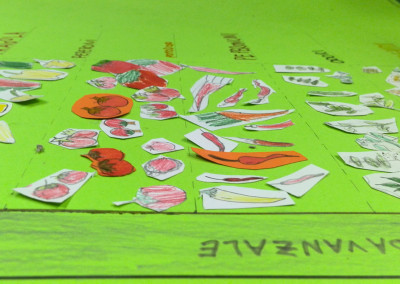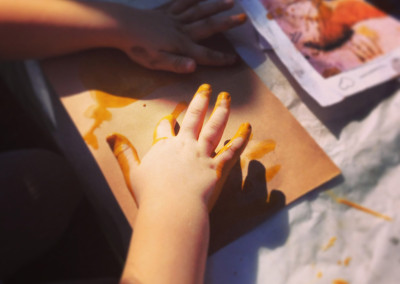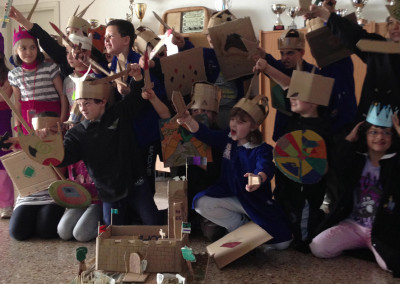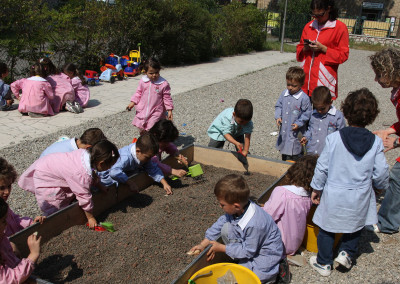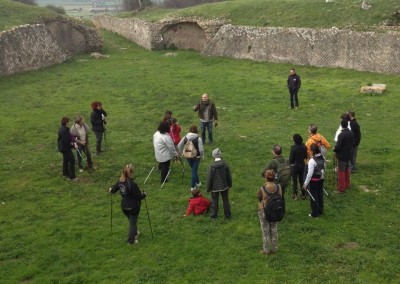Portfolio
“Development and Consolidation of the Model
"Social Cycle Workshop" and "Green Tourism and Sustainable Mobility"
An in-depth study was conducted of the main cultural, landscape, and social attractions in the inland area of the province of Grosseto, particularly the villages of Caldana (municipality of Gavorrano): a village with a strong historical identity, home to the Village Concierge, a multipurpose center for tourists and residents; Montelaterone (municipality of Arcidosso): with experiences of social agriculture, a rural soup kitchen, a scattered hotel, and a hostel for small groups; and Santa Fiora: equipped for smart working.ng thanks to the Smart Village project, with widespread hospitality and an artisan workshop. San Giovanni delle Contee: gateway to the tuff lands and the Etruscan routes of the Vie Cave.
These villages were evaluated for their accessibility, cycling infrastructure, and potential for integrated storytelling (history, nature, food and wine).
Health Services for Residents of the Villages: cHow to support local communities through social and health initiatives
Living in Italian villages means preserving traditions, landscapes, and community values. However, these communities often face challenges related to distance from urban centers and a lack of services, particularly healthcare. Providing free basic medical care, prevention, and screening is one of the most important challenges to slowing depopulation and improving the quality of life of those who choose to stay or return to these places. In recent years, several social and healthcare initiatives have been launched, designed to support small-town communities. Mobile clinics, free screening days, and preventive check-ups have brought essential services directly to the villages, thus reducing the inconvenience of traveling to city hospitals. These activities are particularly aimed at the most vulnerable segments of the population: the elderly, who often face logistical and mobility difficulties, and children, who require periodic monitoring for growth and development. Bringing healthcare to the villages means guaranteeing equal rights to all citizens, regardless of where they live. Screenings and check-ups represent a fundamental part of prevention: they allow for the early identification of any pathologies and the prompt initiation of treatment pathways.
“Towns and Villages as Destinations for Roots Tourism: a journey to discover the land of our ancestors, where stories, memories, and ties to Italy come back to life.”
During various interviews with individual residents interested in supporting this initiative, the professional learned of the existence of an extraordinary treasure: Renzo Ronchi's book, "The Roots and Memory of Buriano and Its Families: Origin, Genealogy, and Traditions." This volume describes Buriano, its local population and their origins, as well as how the town was organized, its monuments, religious festivals, streets, and roads. Upon learning this news, a thorough search began, and this book was sent as a gift of belonging to the many families intercepted and living in Buenos Aires.
There Coopera cooperative Coopera is committed to developing projects that give substance to this journey, through targeted actions that enhance the tangible and intangible heritage of Italian villages. Specifically, Coopera works to make archives, parish registers, community histories, and symbolic places that tell the story of emigrant families' roots more accessible and accessible. Roots Tourism is also an opportunity for villages like Buriano: welcoming the descendants of emigrants means creating authentic encounters, fostering cultural exchanges, and opening up new economic opportunities for local communities. Coopera supports this process by building thematic itineraries that focus on family memories, food and wine traditions, popular festivals, and the region's historical heritage. Through digital tools and innovative narratives, the cooperative enables Italians abroad to prepare their experience in advance, plan places to visit, and enjoy a stay that is not just about tourism, but deeply rooted in identity. Coopera's work is not limited to planning: the cooperative supports local communities, trains hospitality professionals, and creates networks with cultural associations, public bodies, and businesses. The goal is to transform the return to one's roots into a valuable experience for both those arriving and those hosting, generating sustainable development and strengthening a sense of belonging. The Buriano Case Study thus becomes a symbolic place of Roots Tourism, a village capable of welcoming distant stories, preserving family memories and offering itself as a bridge between the past and the future.
"Widespread Tourist Reception and Destination Management: Organized Reception and Homogeneous Information"
The implementation of a Hotel/Non-Hotel Territorial Marketing Plan and Destination Management is envisaged. Both types of accommodation, "Hotel and Non-Hotel," are not competitors, but coexist in the same territory and attract different tourist flows. At the same time, other types of accommodation already present in the area, such as holiday homes, B&Bs, etc., can be integrated into the widespread tourist reception.
residences, resorts, tourist hotel residences, villas, historic homes, etc. This will allow us to obtain
Organized reception and the ability to offer services to various target audiences and temporary residents who will benefit from the various types of hospitality. At the same time, we will have access to all the area's cultural resources to develop experiential services and their use. We have adopted an approach based on sharing and active discussion, using various types of questions, to explore the topic of tourist destinations. The primary objective was to understand how to organize a destination and emphasize the importance of collective work over an individual approach. The need to ensure consistent information and a brand across all accommodation facilities emerged, so they can offer visitors consistent and coordinated communications. Furthermore, we have elaborated on the development of a marketing plan to define the role of a DMO (Destination Management Organization) and its strategic functions, with the aim of transforming the area into an attractive, competitive, and sustainable tourist destination. Furthermore, a mapping of all accommodation facilities of various types, including B&Bs, apartments, hotels, holiday homes, agritourisms, and Clamping, is being carried out.
"Digital Guides for Towns and Villages: Innovative Tools and Inclusive Itineraries for Smart, Authentic, and Shared Travel"
The project aims to create digital (online) and non-digital (offline) tools that facilitate traveler/consumer orientation. It addresses the five phases of the traveler/customer journey: inspiration, planning, booking, enjoyment, and sharing. Itineraries and locations within the village and surrounding areas are designed to create memorable photographs to share and treasure: selfie points and Instagram tours.
The spread of smartphones, tablets, and smartwatches has transformed the consumer journey, especially the physical experience of the trip, once the destination is reached—the enjoyment stage. We are faced with a new figure, the digital temporary resident, who leverages technology before, during, and after their travel experience: be it for work, vacation, or its hybrid, "workation," meaning working while on vacation. Once they arrive at their destination, travelers begin to enjoy their temporary stay and the activities they booked before arrival. However, by improvising, they also make unplanned decisions encouraged by local businesses, such as commercial, cultural, and gastronomic activities, from restaurants to farms, and even service providers and excursion organizers, who are responsible for making the experience unique and easily accessible.
Cooperativa and Arci offer digital services for residents of towns, villages, and hamlets. Digital is easy.
Digital becomes simple, free support for all residents for accessing public administration services and the Internet.
Every Thursday at the “Portineria del Borgo”
The Coopera cooperative, in collaboration with the Arci Grosseto Territorial Committee, is promoting a digital inclusion project for residents of the villages of Caldana, Ravi, Giuncarico, and Bagno di Gavorrano. The goal is to facilitate access to essential digital services, improving quality of life and promoting technological integration in inland areas. Services offered include assistance with the activation and use of SPID (Italian Public Health System), management of electronic health records, guidance on using generic applications for mobile devices and PCs, guidance on booking medical appointments via online platforms, and access to certified email (PEC). Additionally, the cooperative offers support for completing and submitting digital forms, registering for online municipal services, accessing and participating in digital cultural and social projects, managing digital payments, providing basic internet and cybersecurity training, facilitating navigation on institutional websites, support for using teleworking or distance learning platforms, and guidance on using apps for local mobility and transportation services. The collaboration aims to bridge the digital divide in rural areas, enhancing the cultural and social heritage of villages and providing added value through accessible technologies. Residents are thus supported step by step in discovering and using new digital tools, essential for daily interactions with public authorities, healthcare services, educational institutions, and job opportunities. This project represents a concrete example of sustainable tourism and inclusive development that combines innovation and local communities, contributing to the revitalization of small towns and fostering genuine territorial cohesion.
"The welcoming village", a project is born in Scarlino aimed at making the village more accessible thanks to "design for all" itineraries.
The goal is to make the medieval village of Scarlino accessible to people with disabilities, particularly the blind, visually impaired, and those with intellectual disabilities, through a series of tools designed to facilitate visits to the village. The project stems from the partners' extensive experience in cultural accessibility and the desire to apply the principles of Universal Design, a methodology that offers itineraries, tools, and content designed for everyone, without distinction, enhancing the value of the multisensory experience. Through a network of innovative tools—including a tactile map of the village, QR code panels along the itineraries, a podcast to assist the blind, and a series of simplified factsheets—Scarlino is transformed into a place where visiting cultural heritage becomes a shared, independent, and meaningful experience for everyone. The content, designed with the direct participation of people with disabilities and validated by the Grosseto branch of the UIC (Italian Association of the Blind) and the Associazione Futuro 21,

